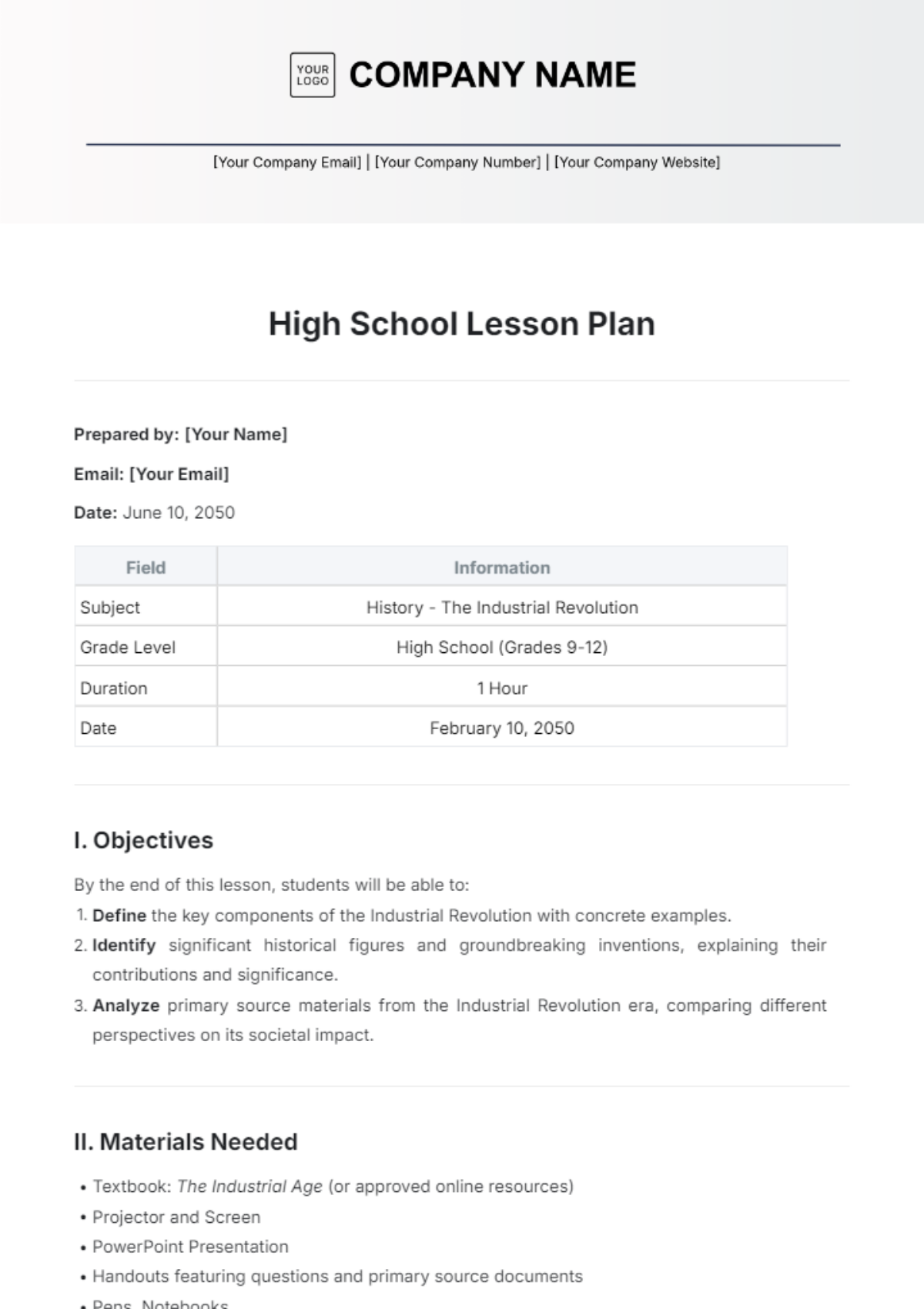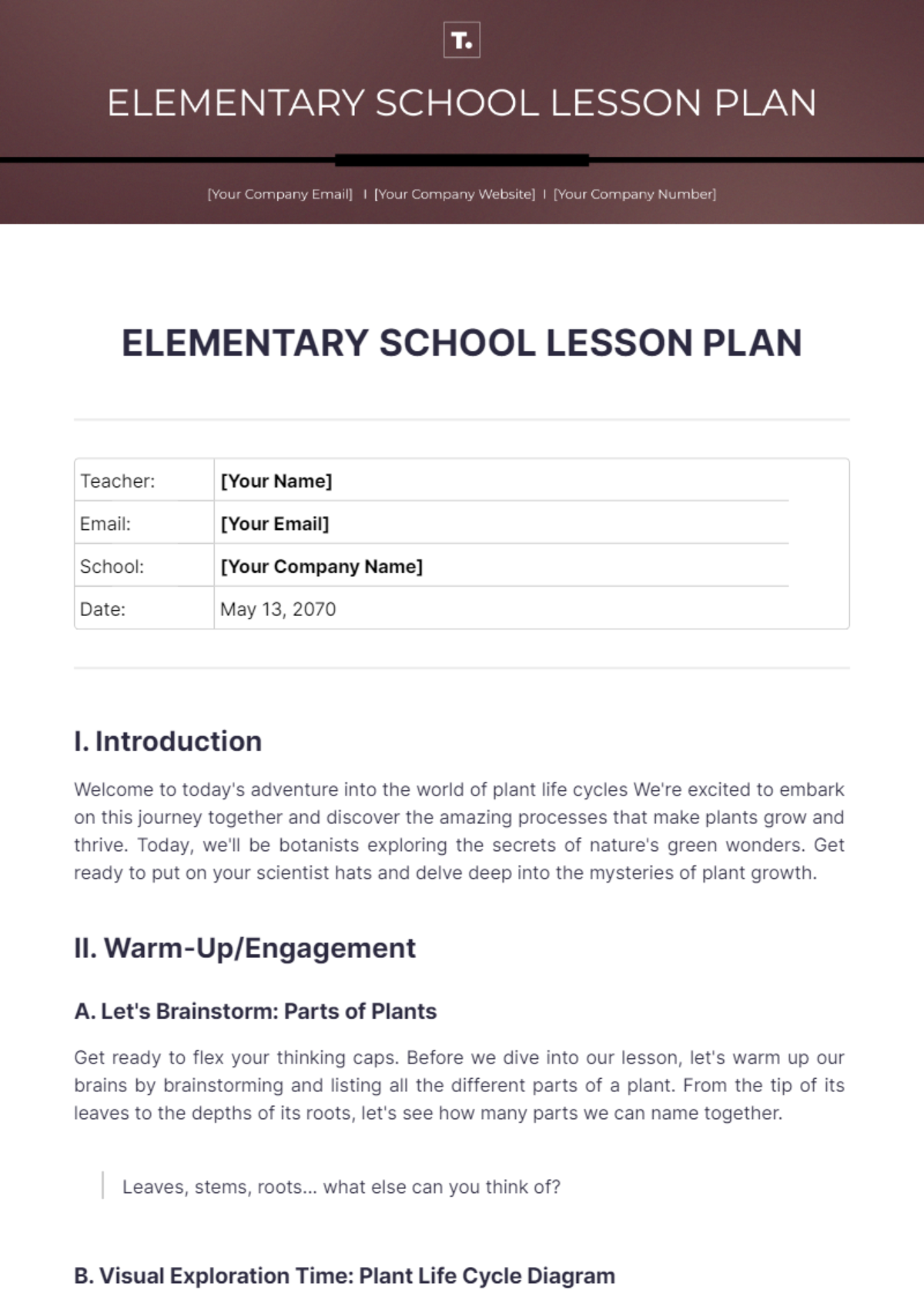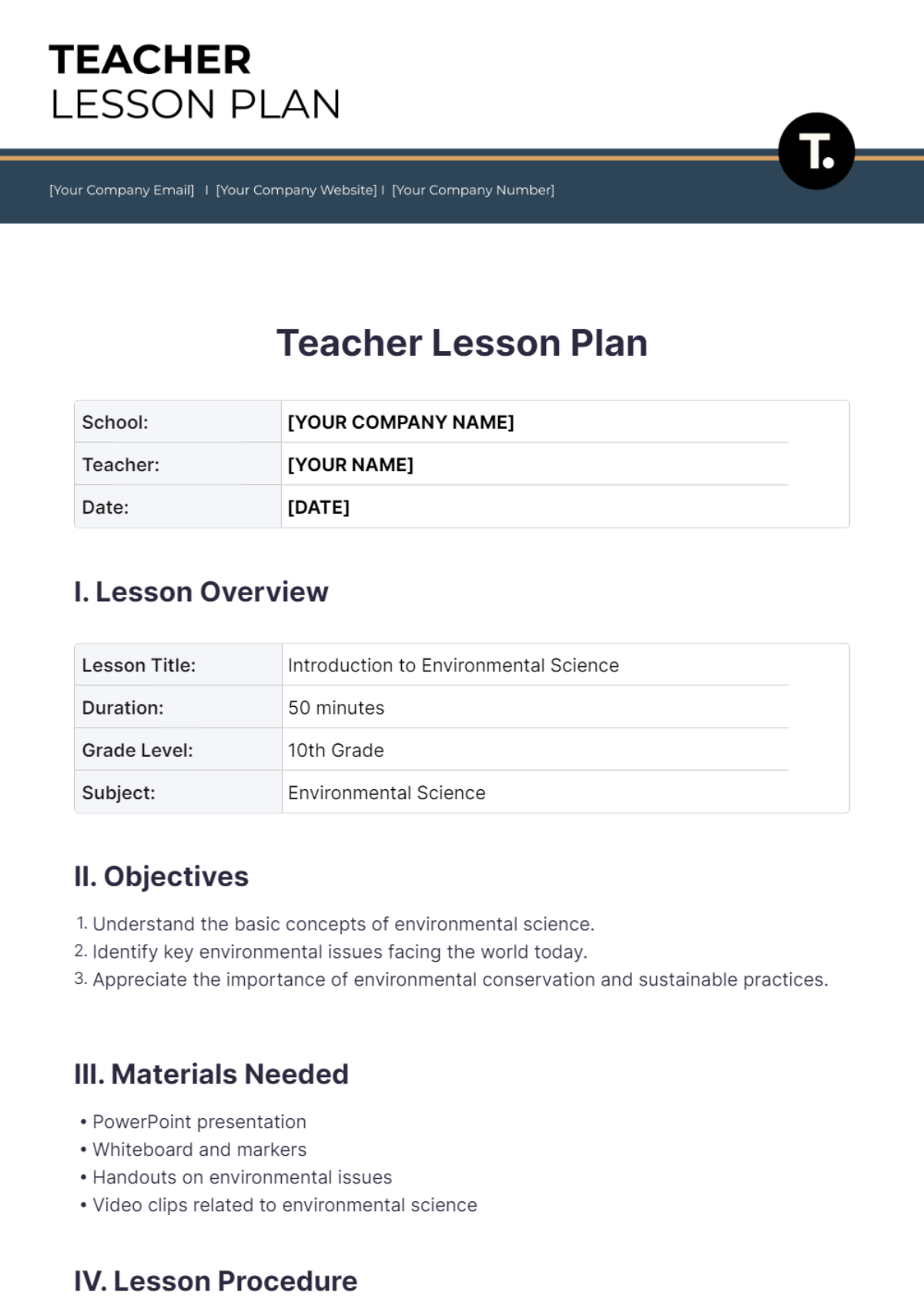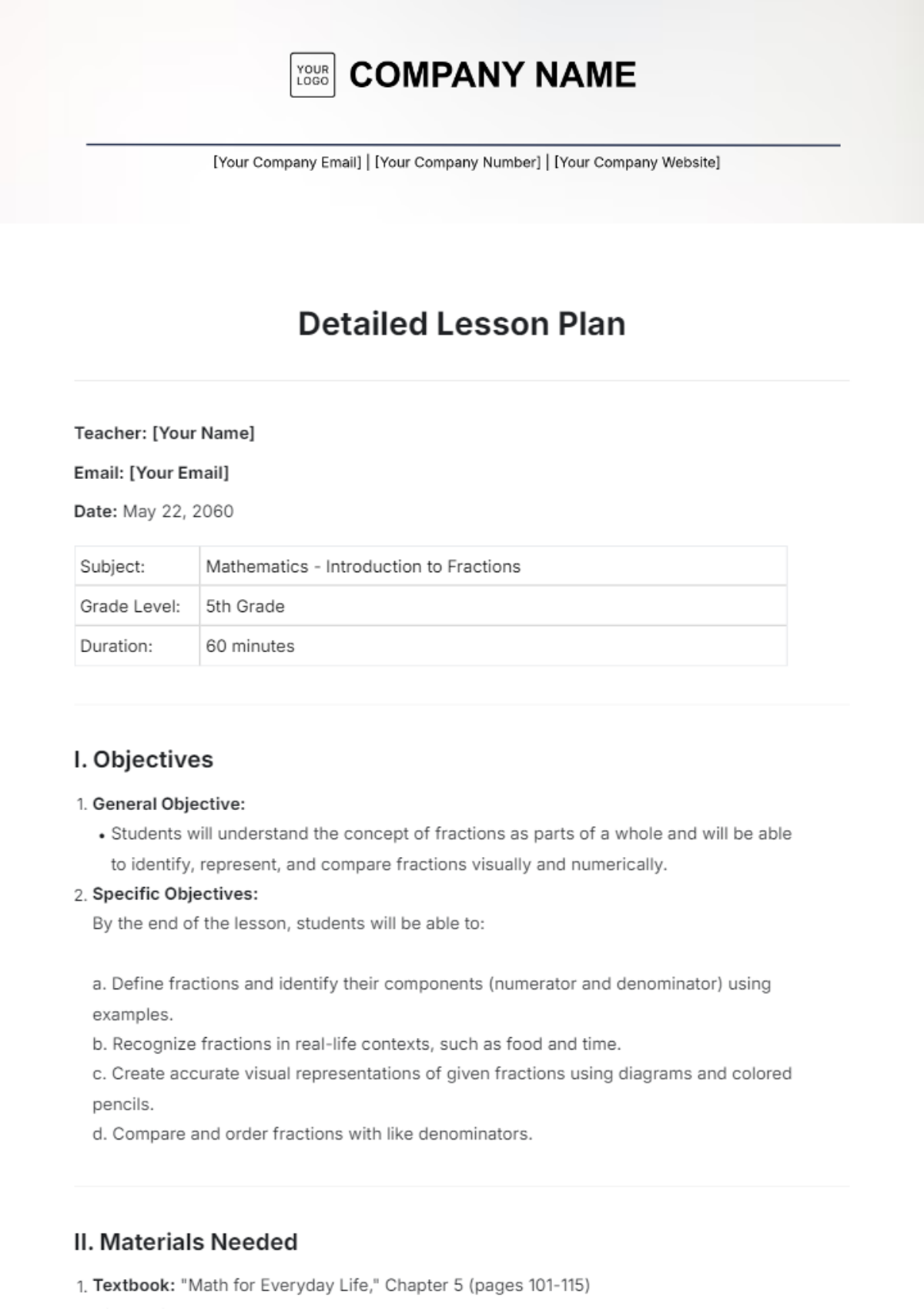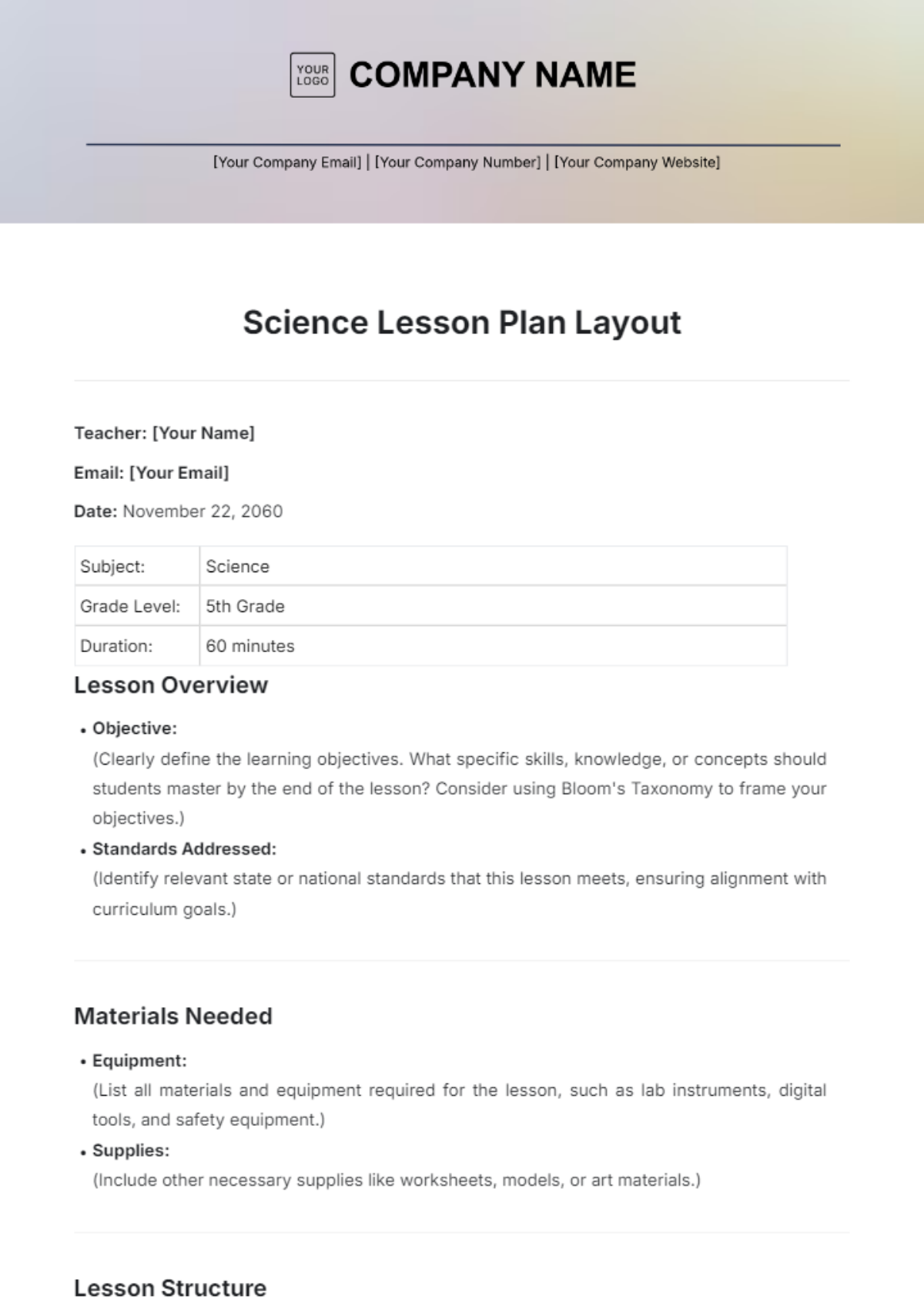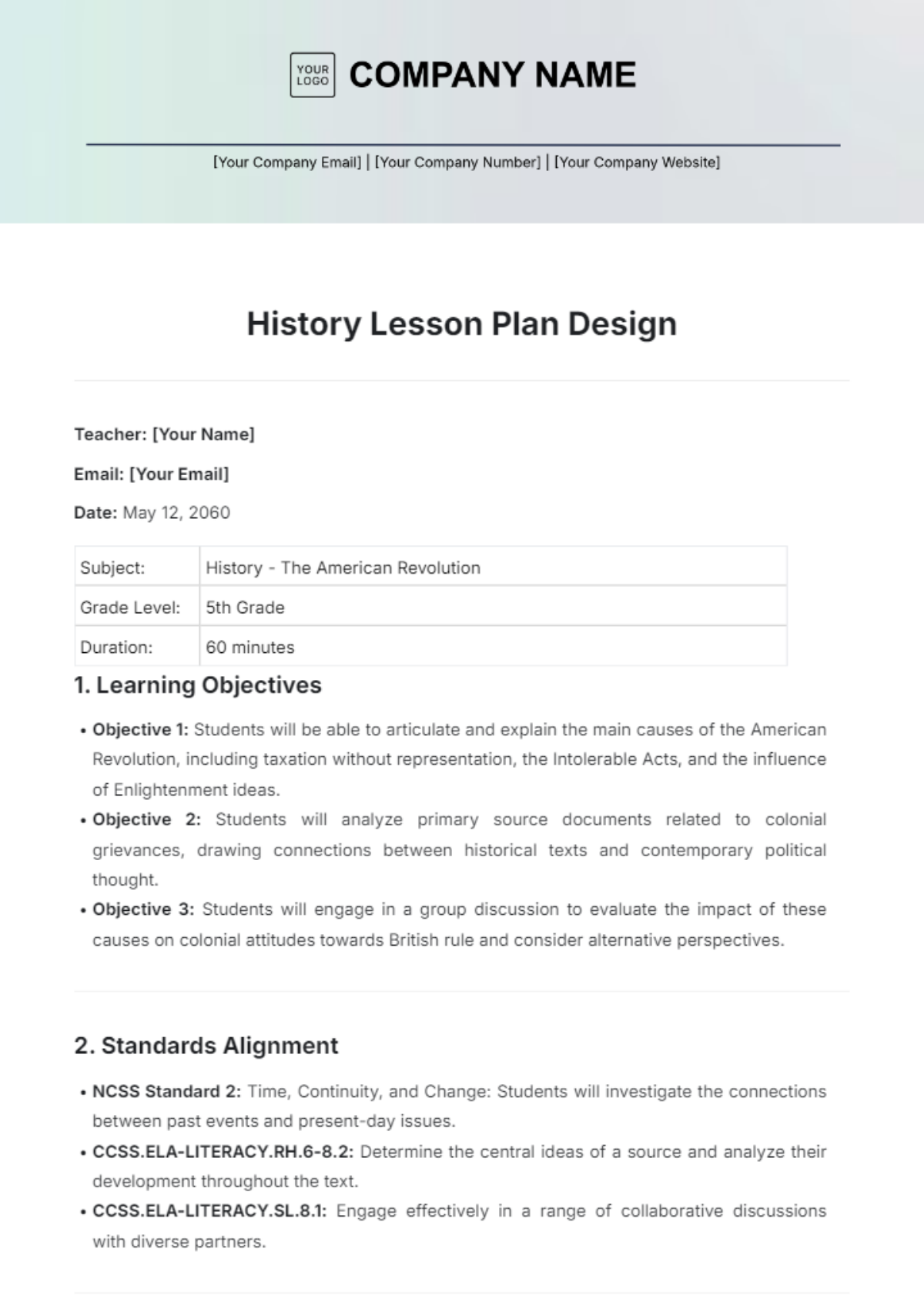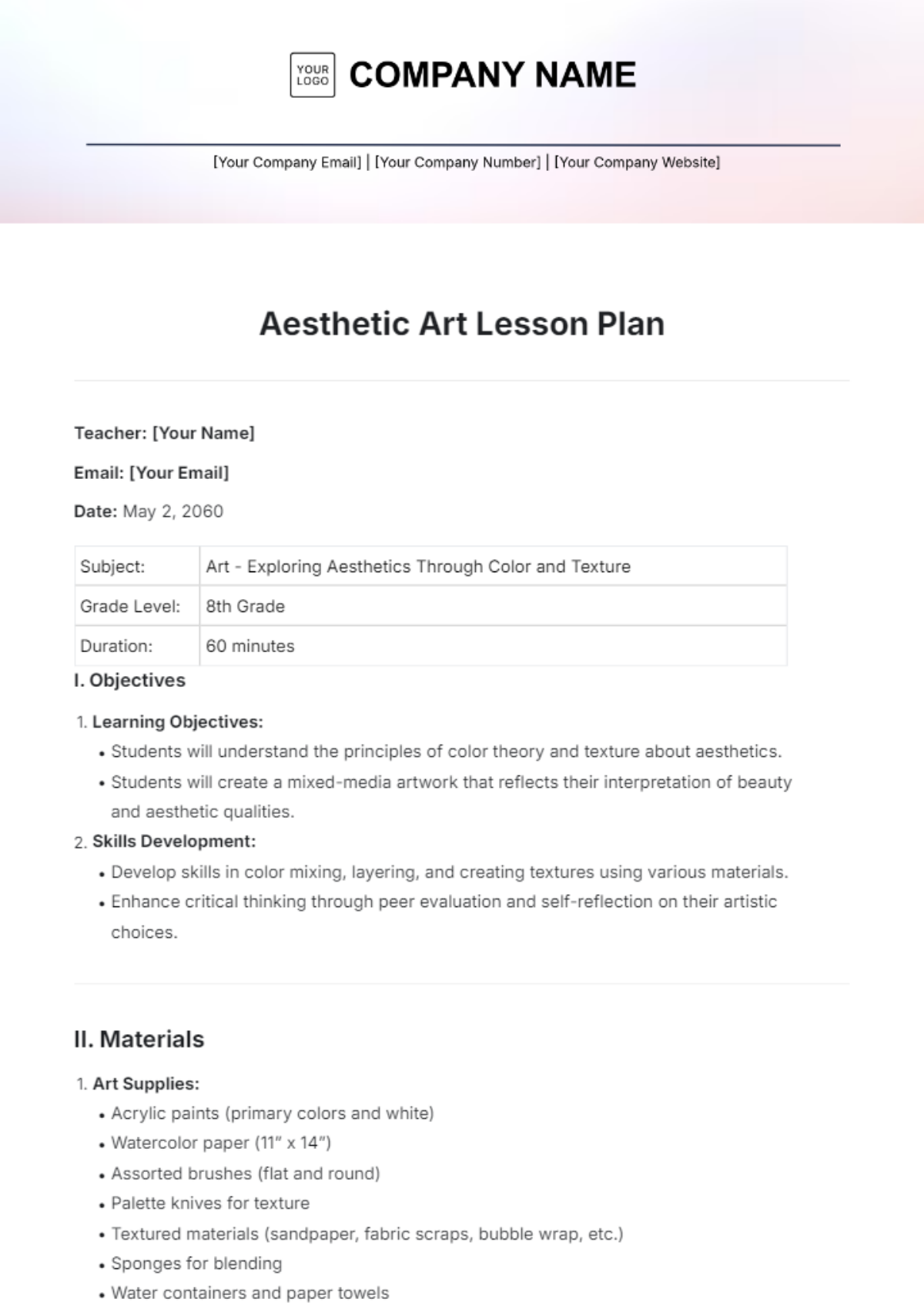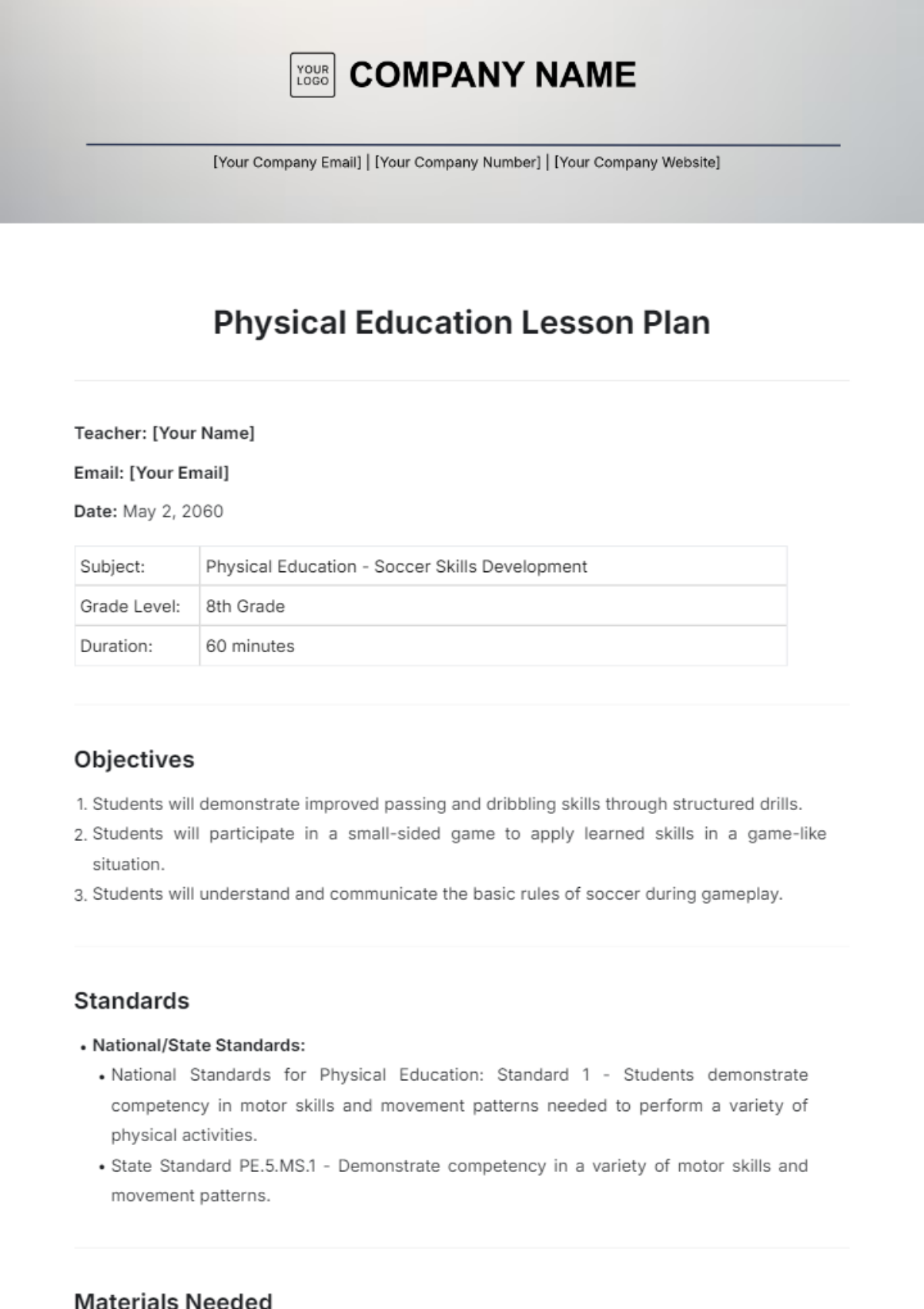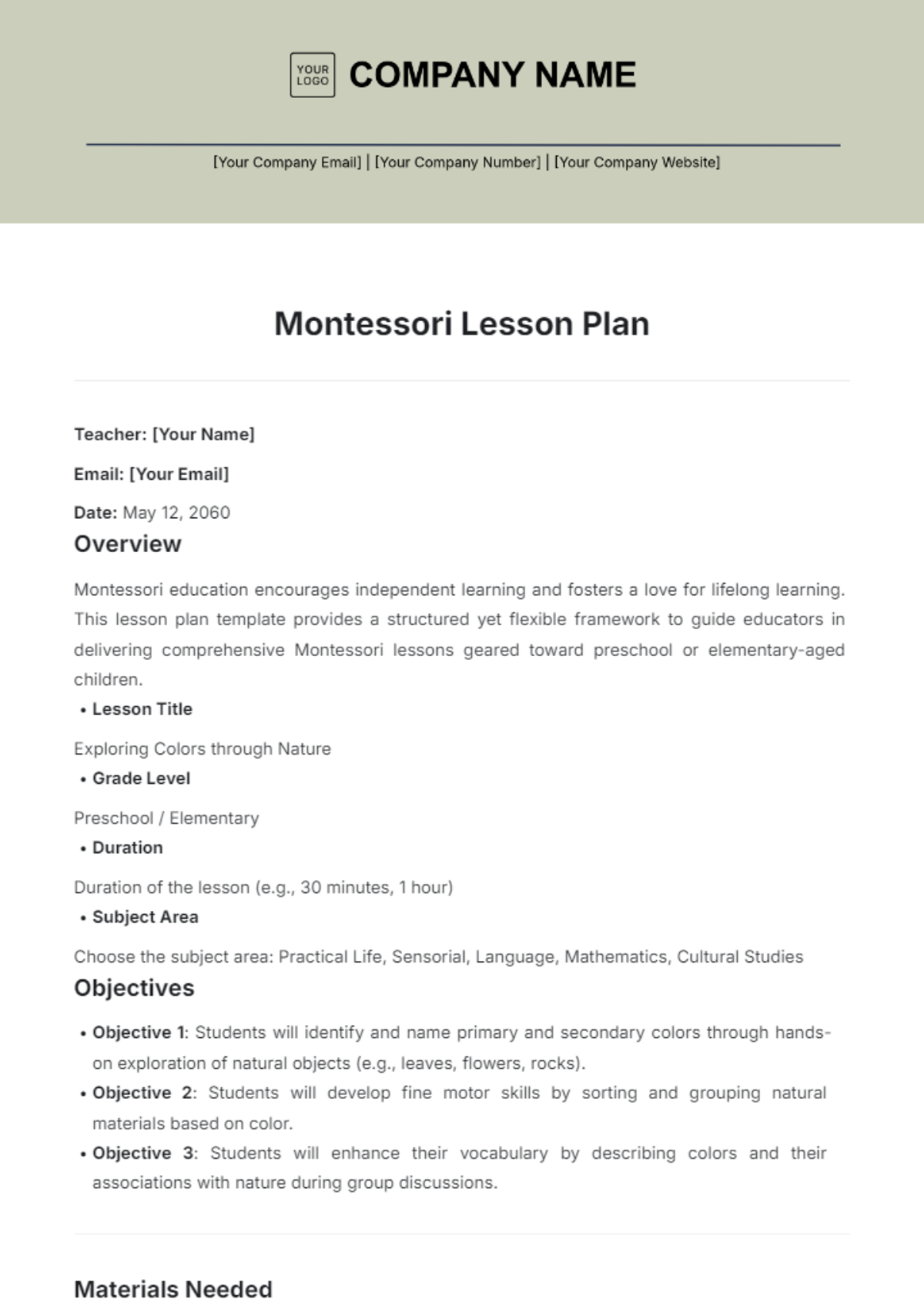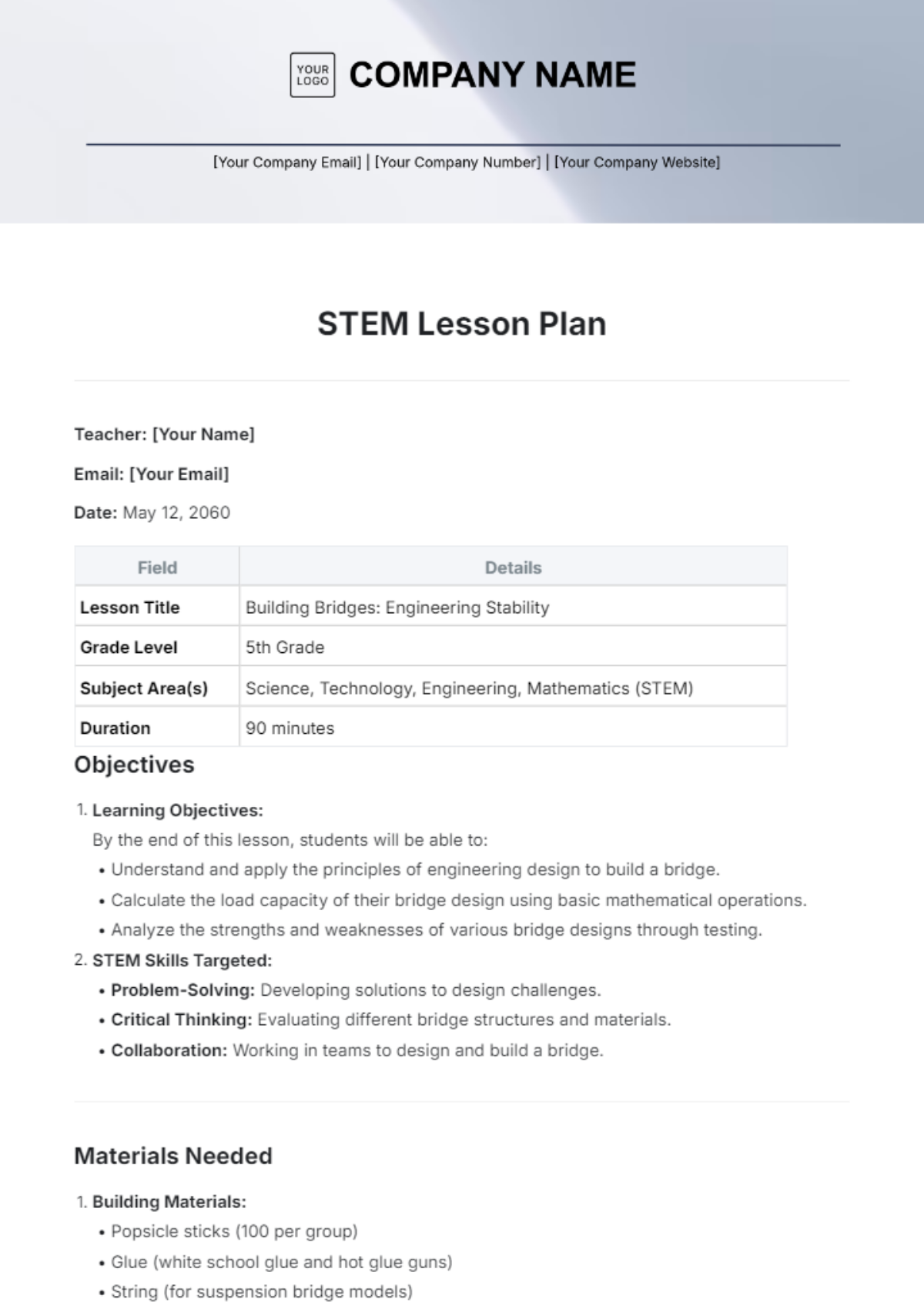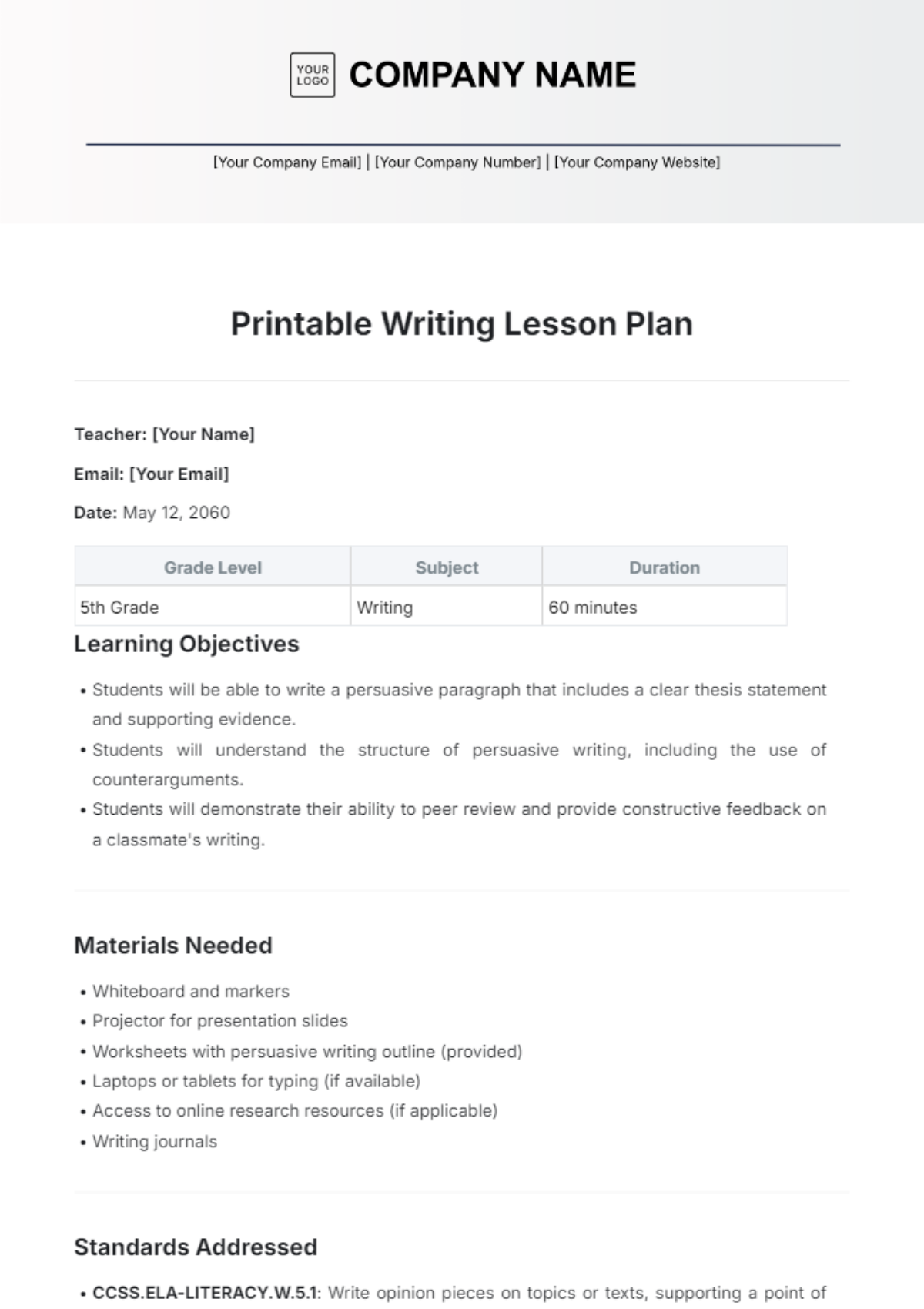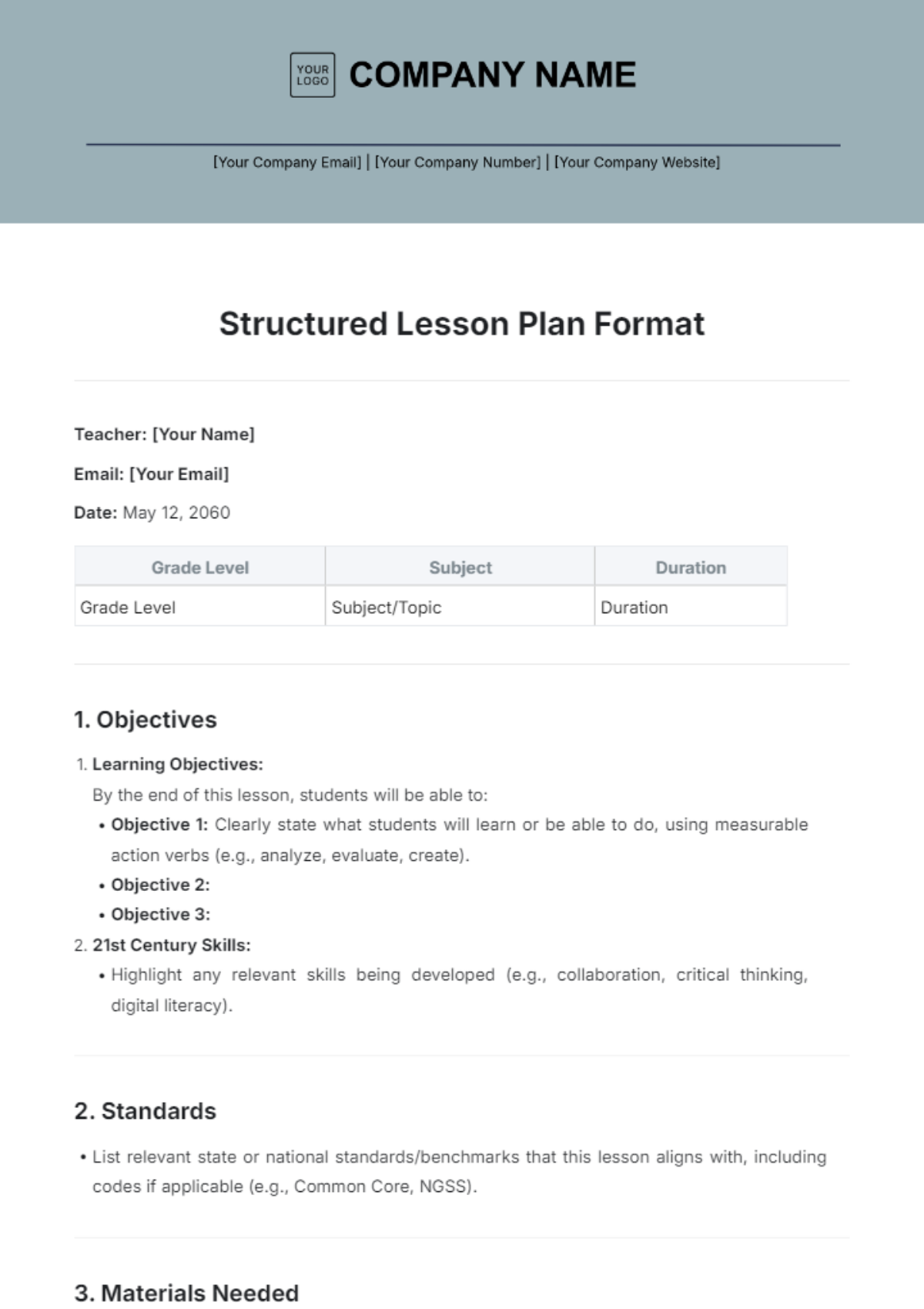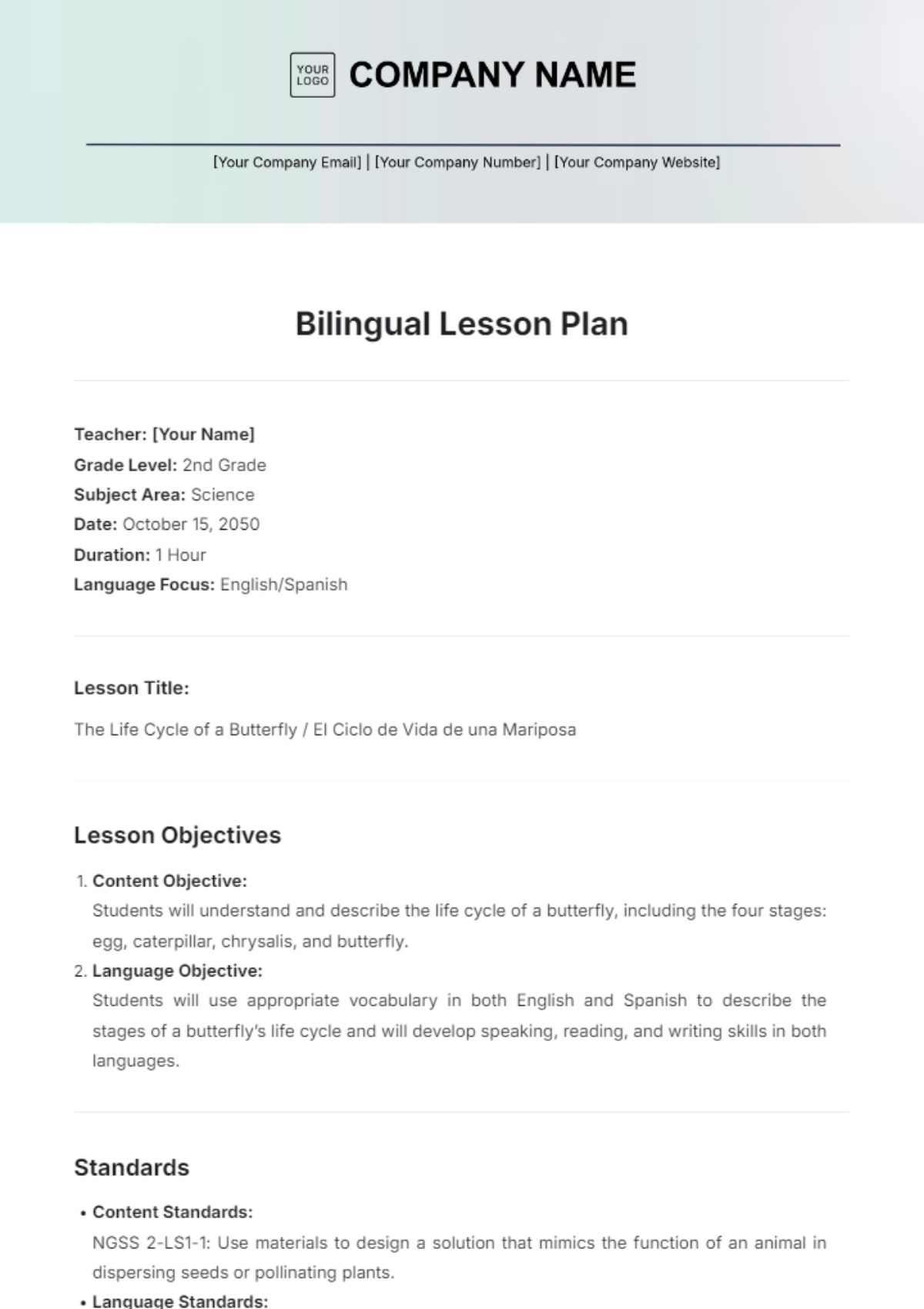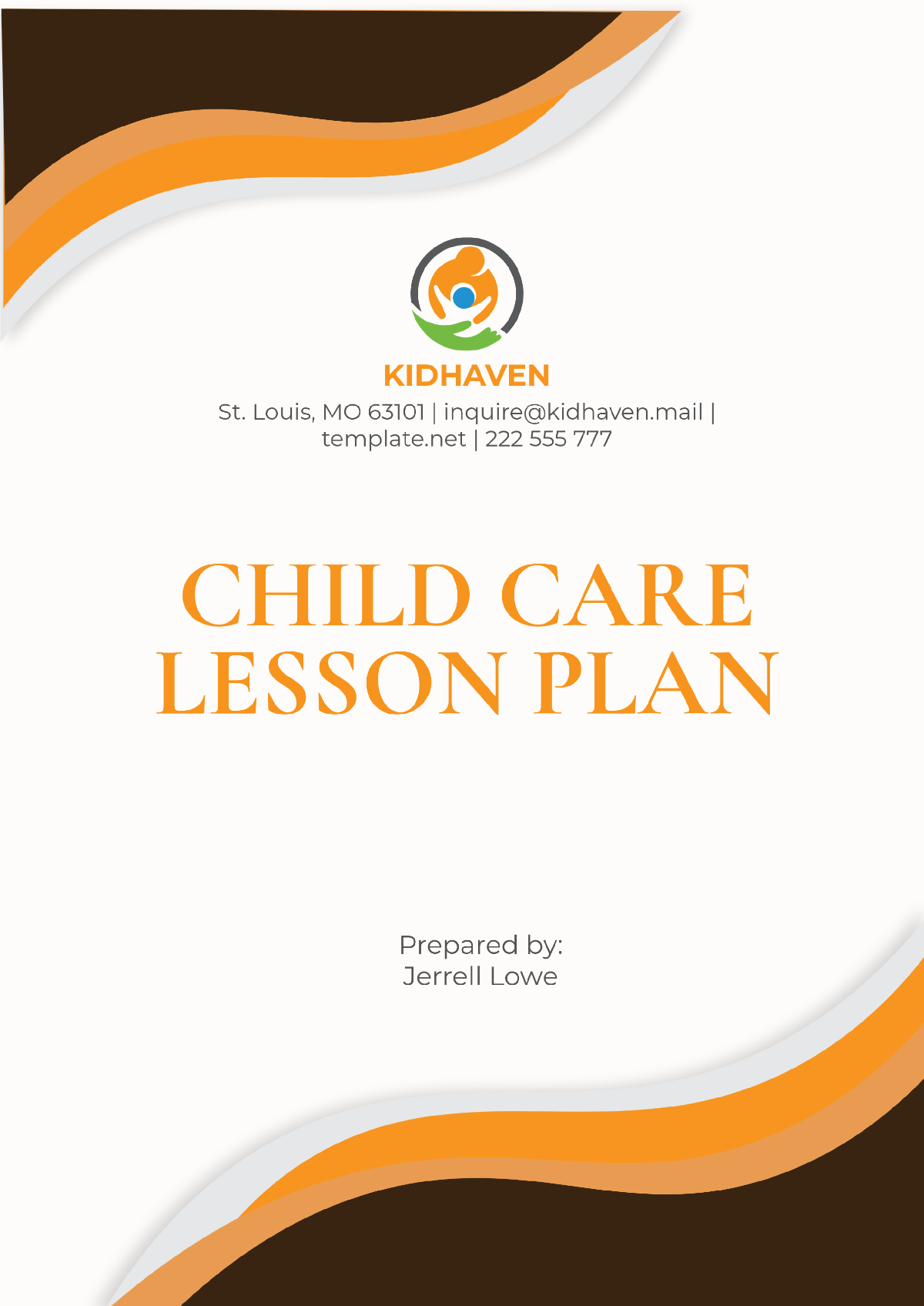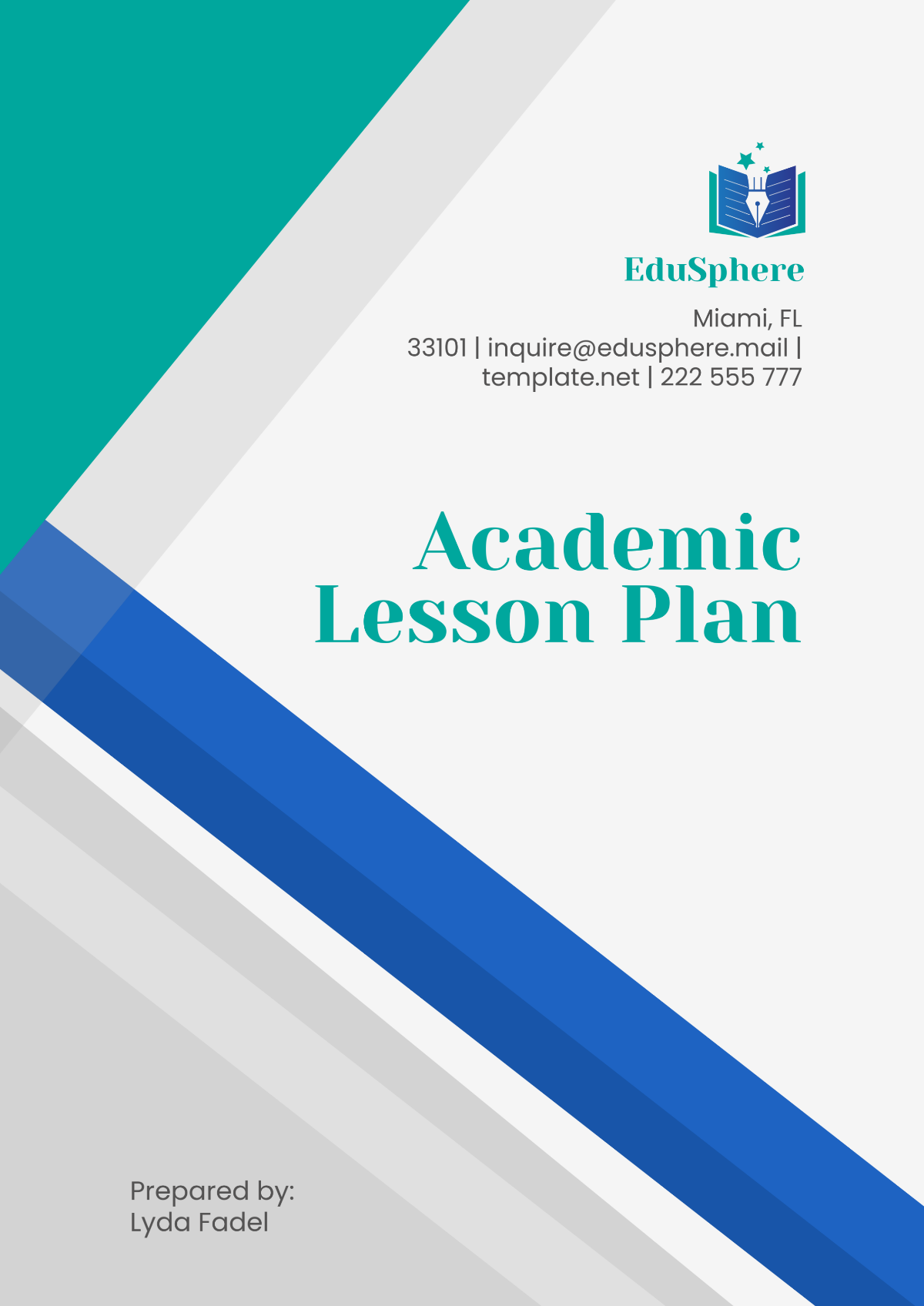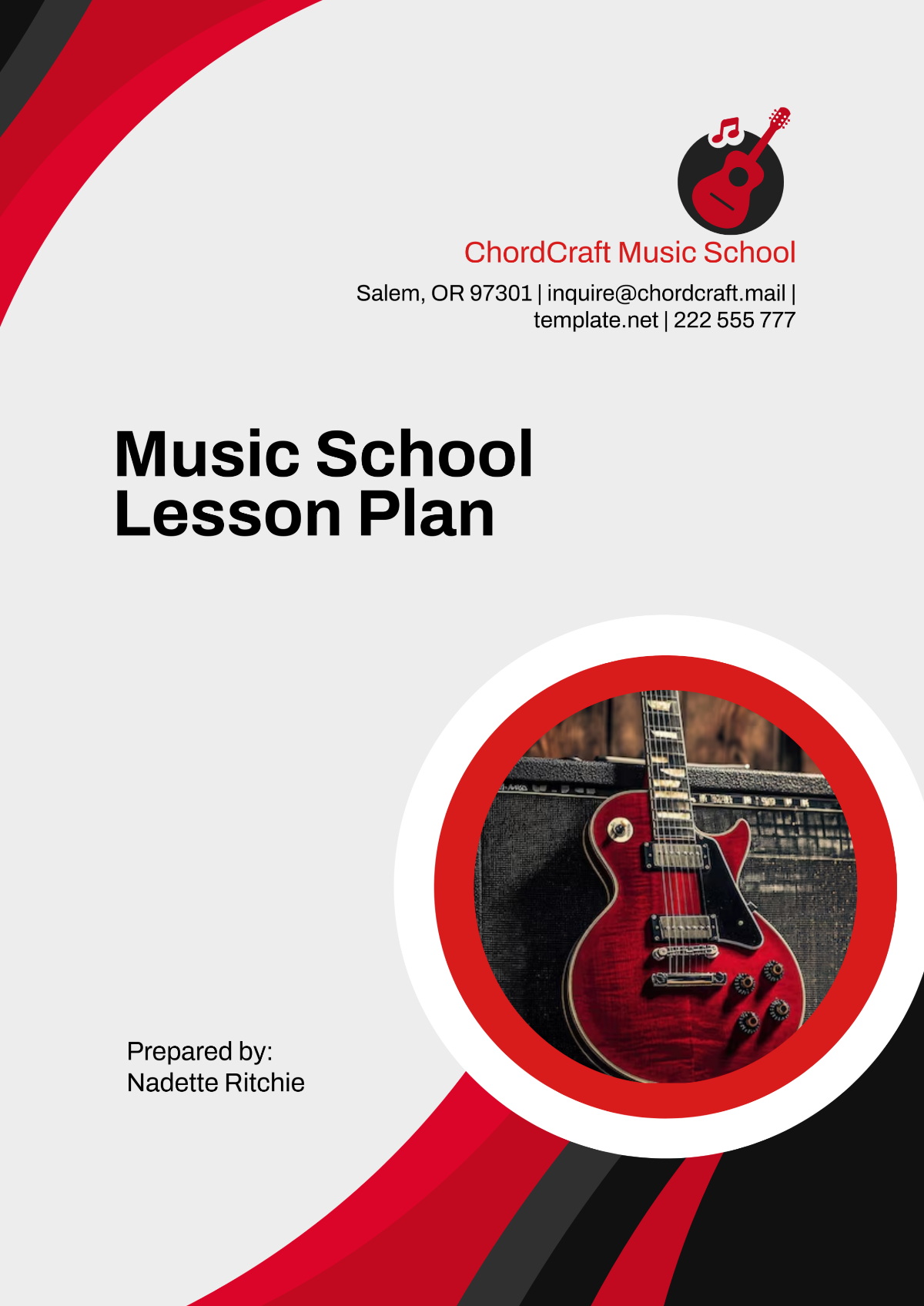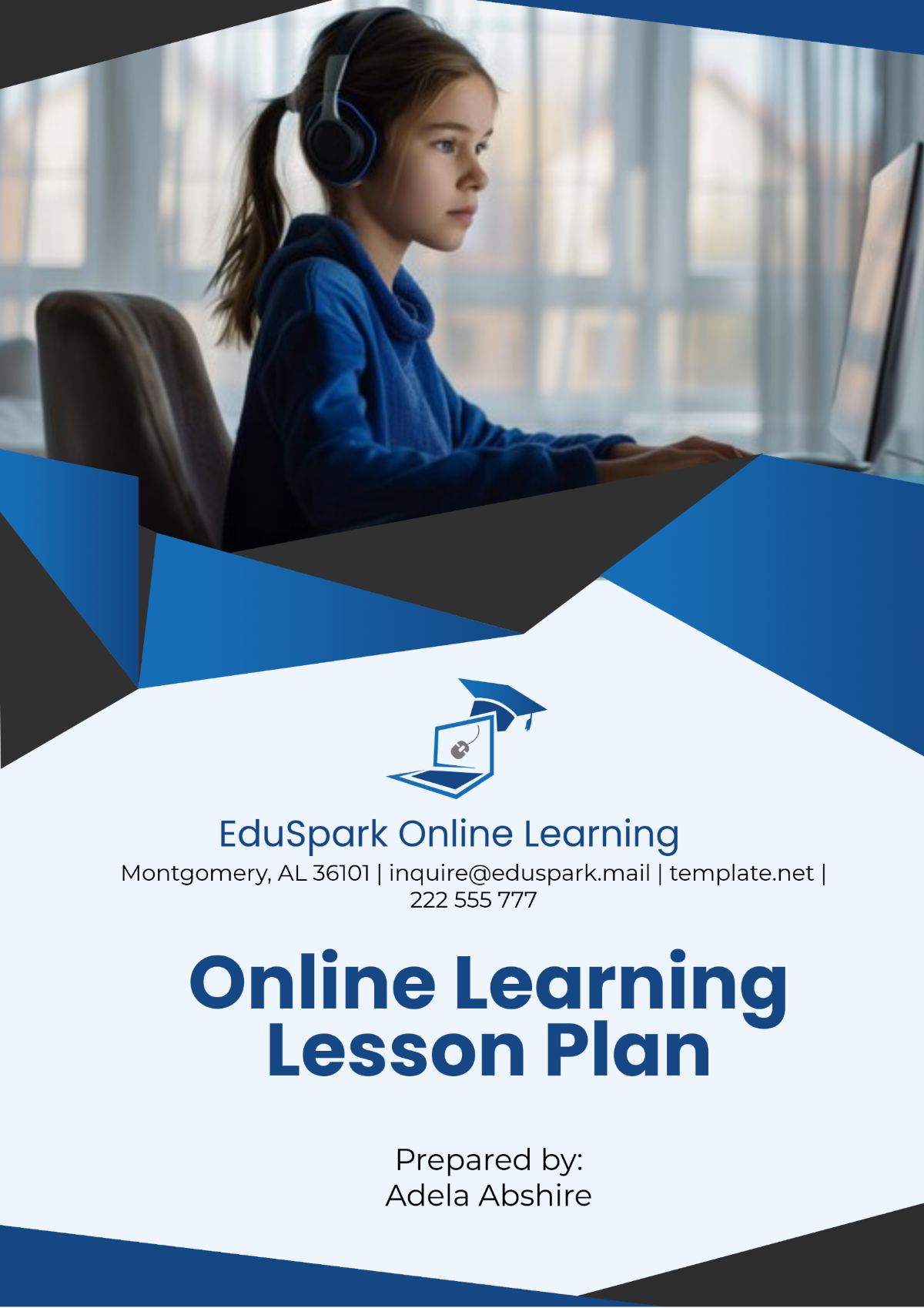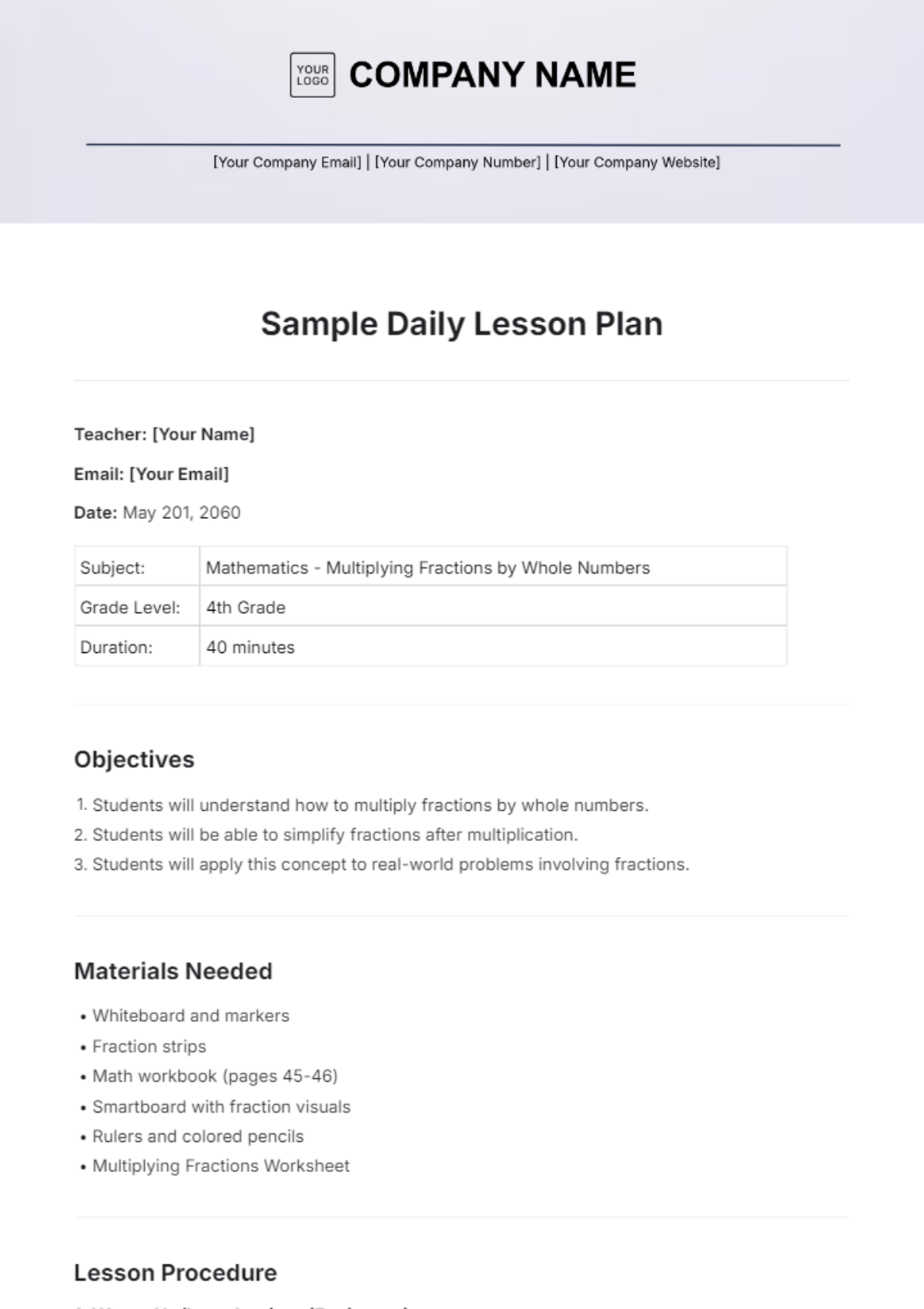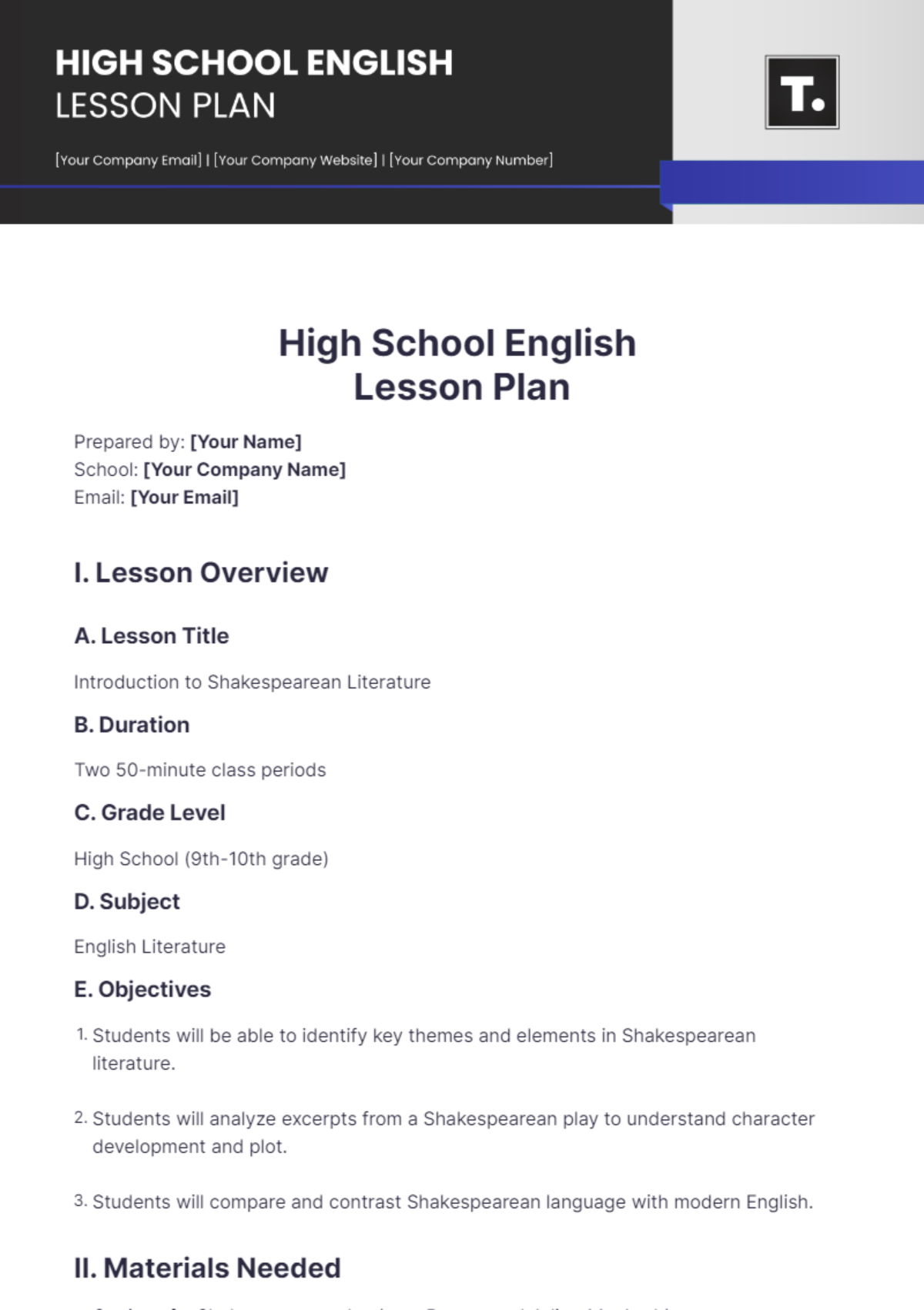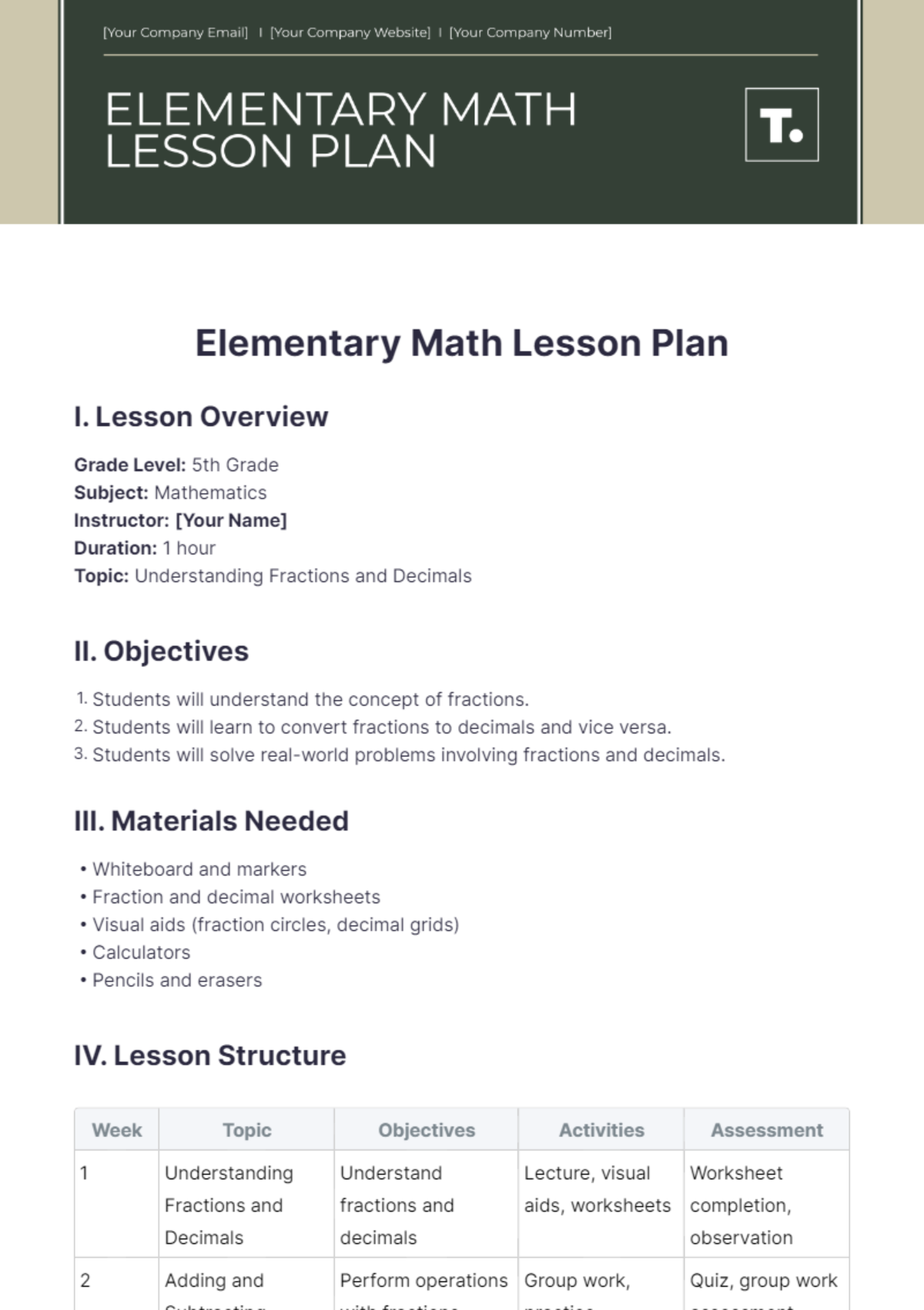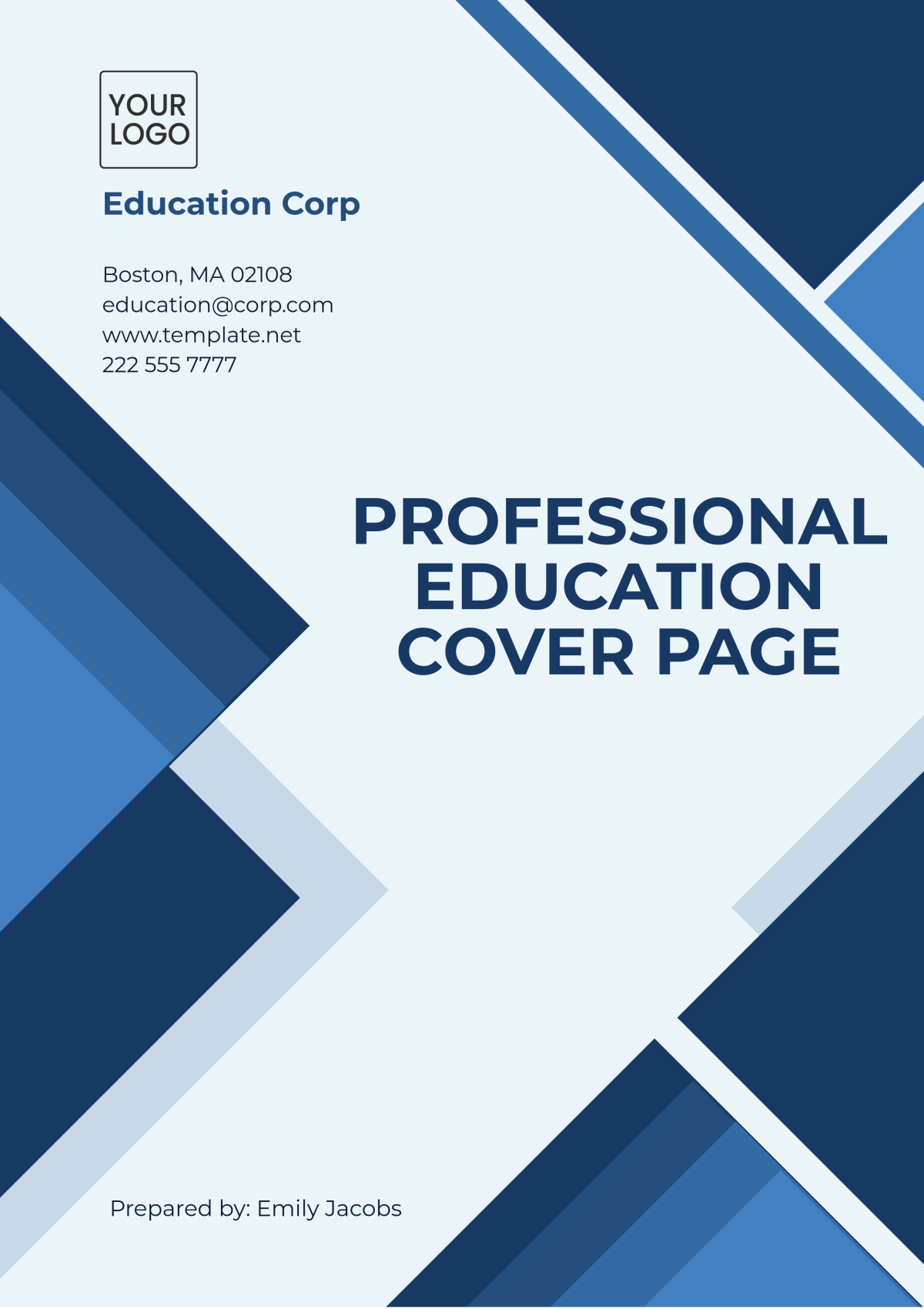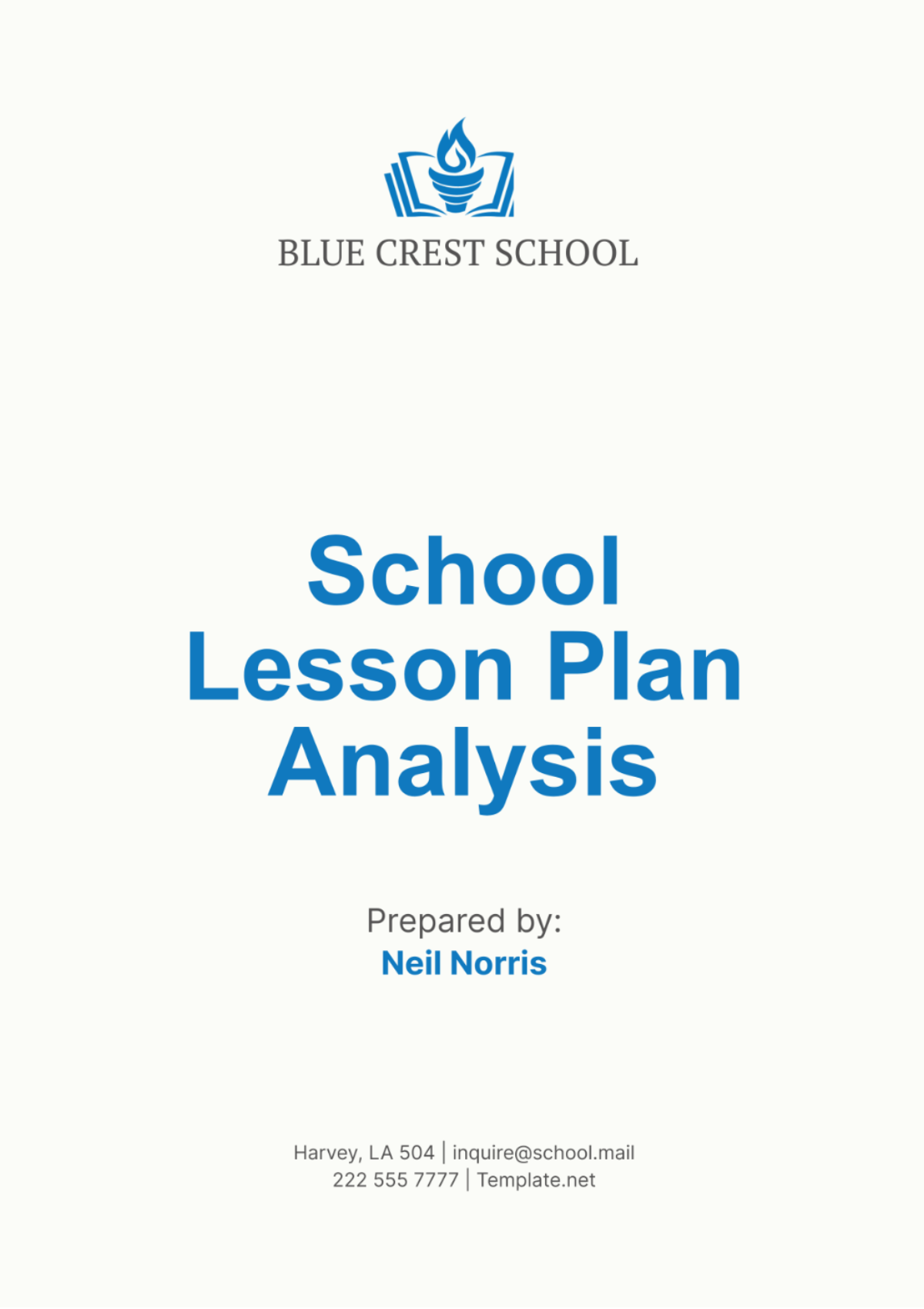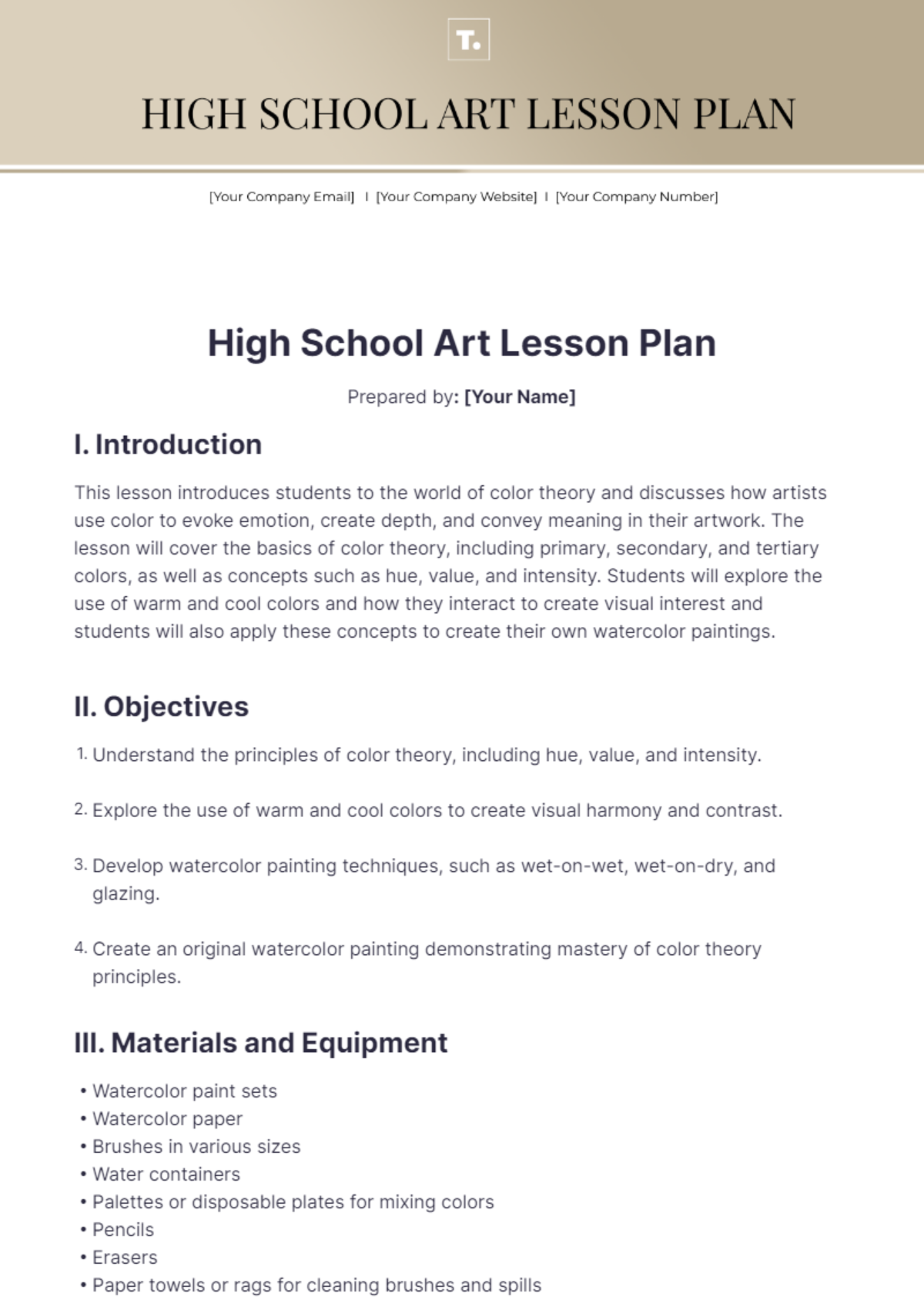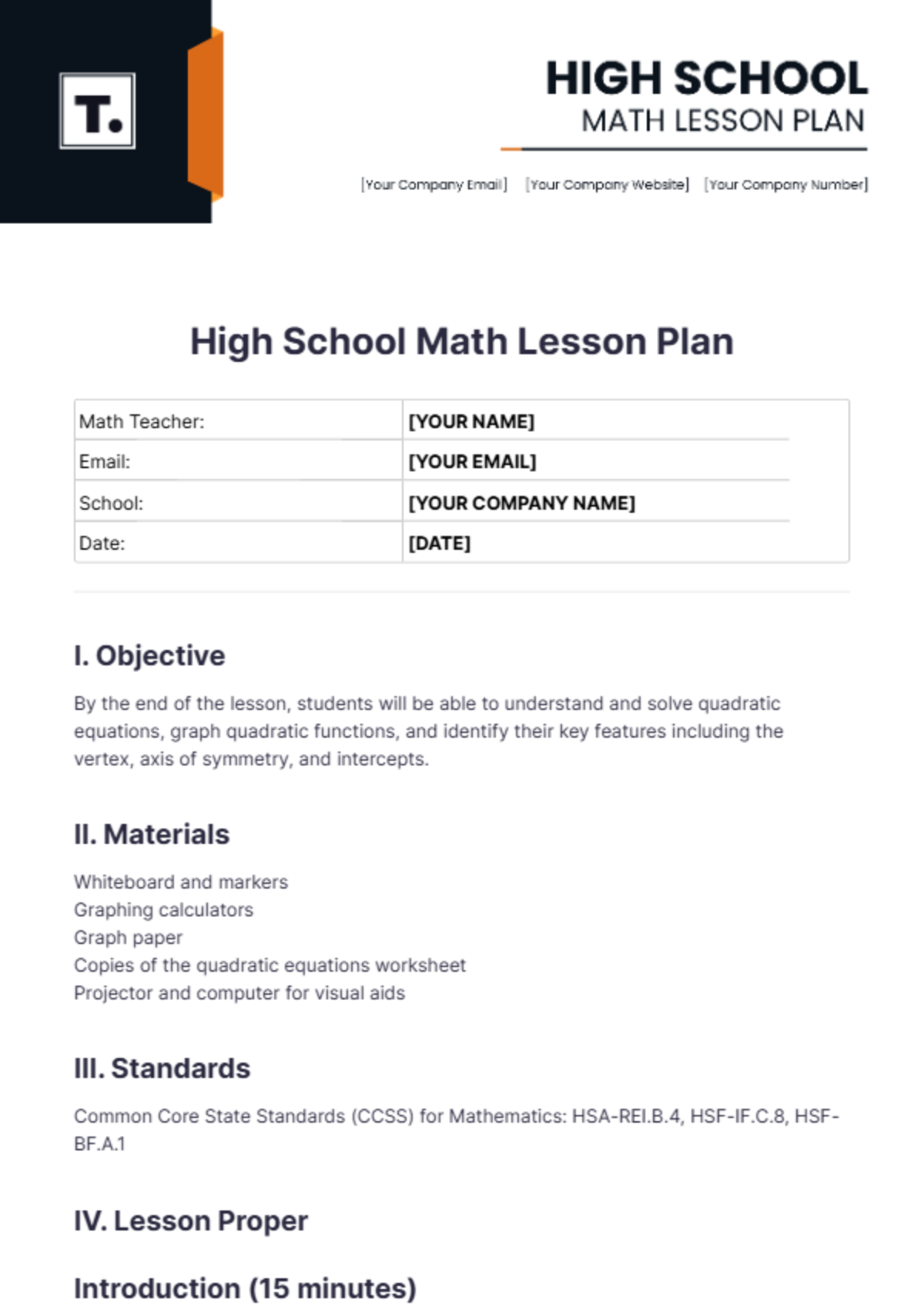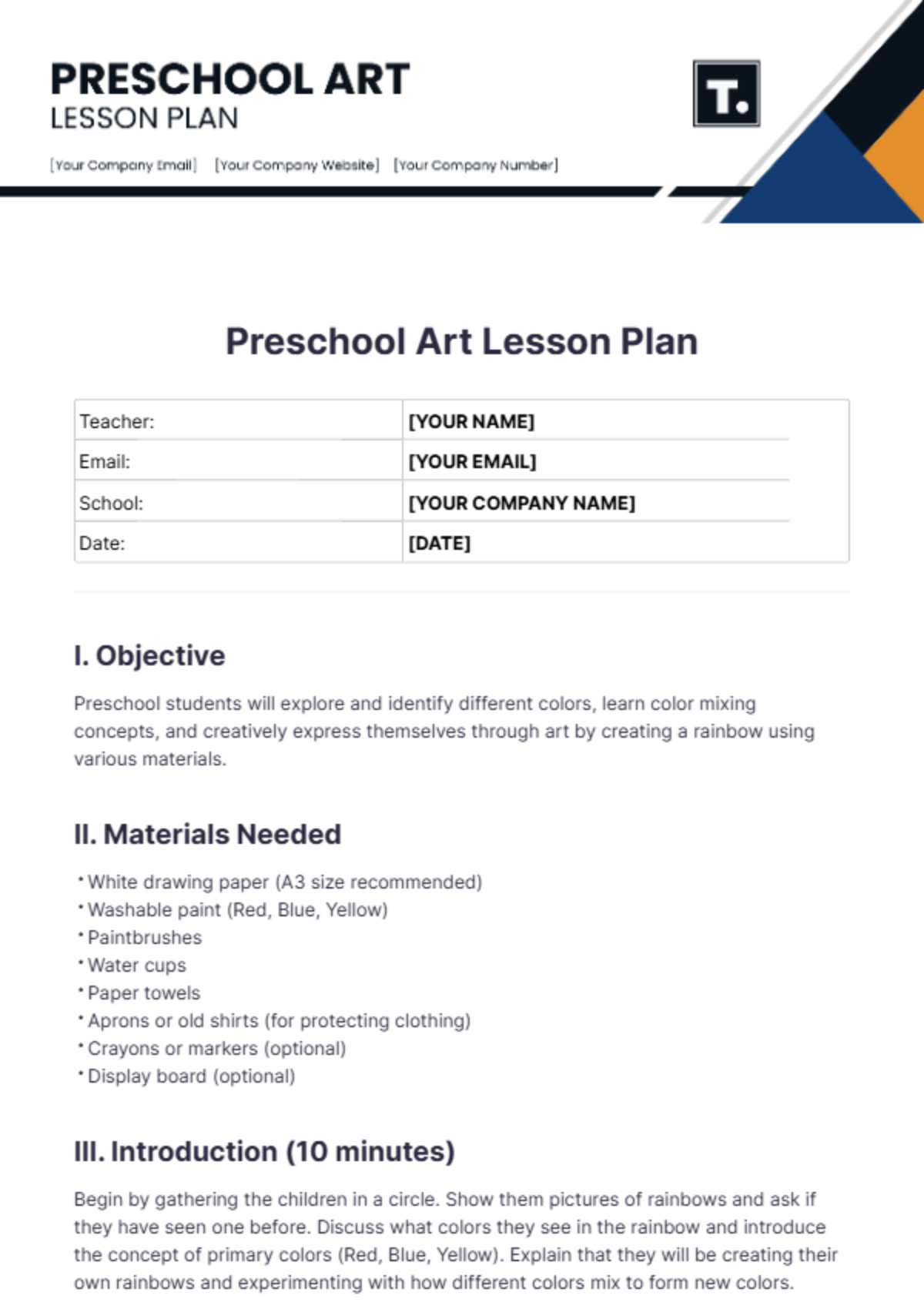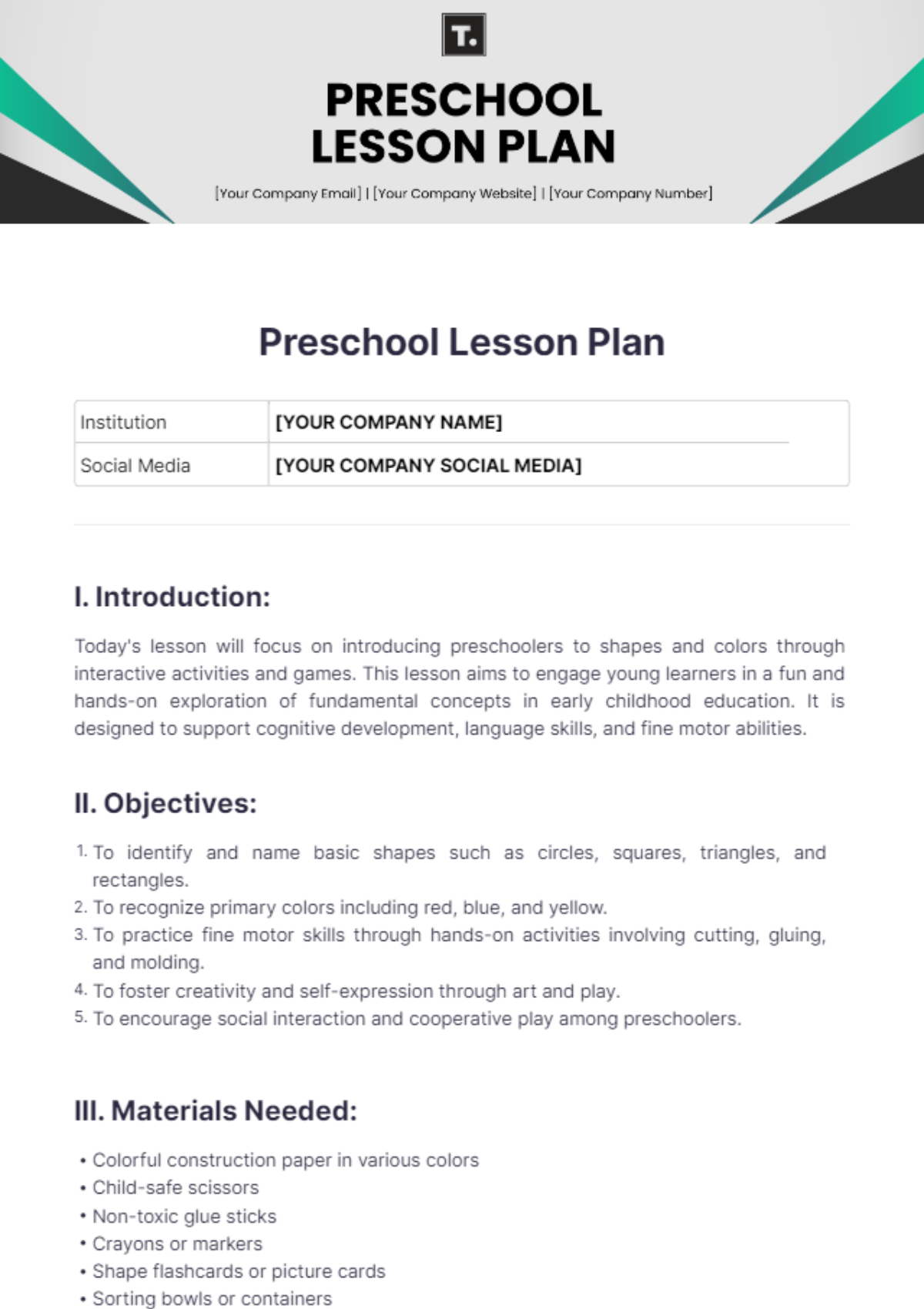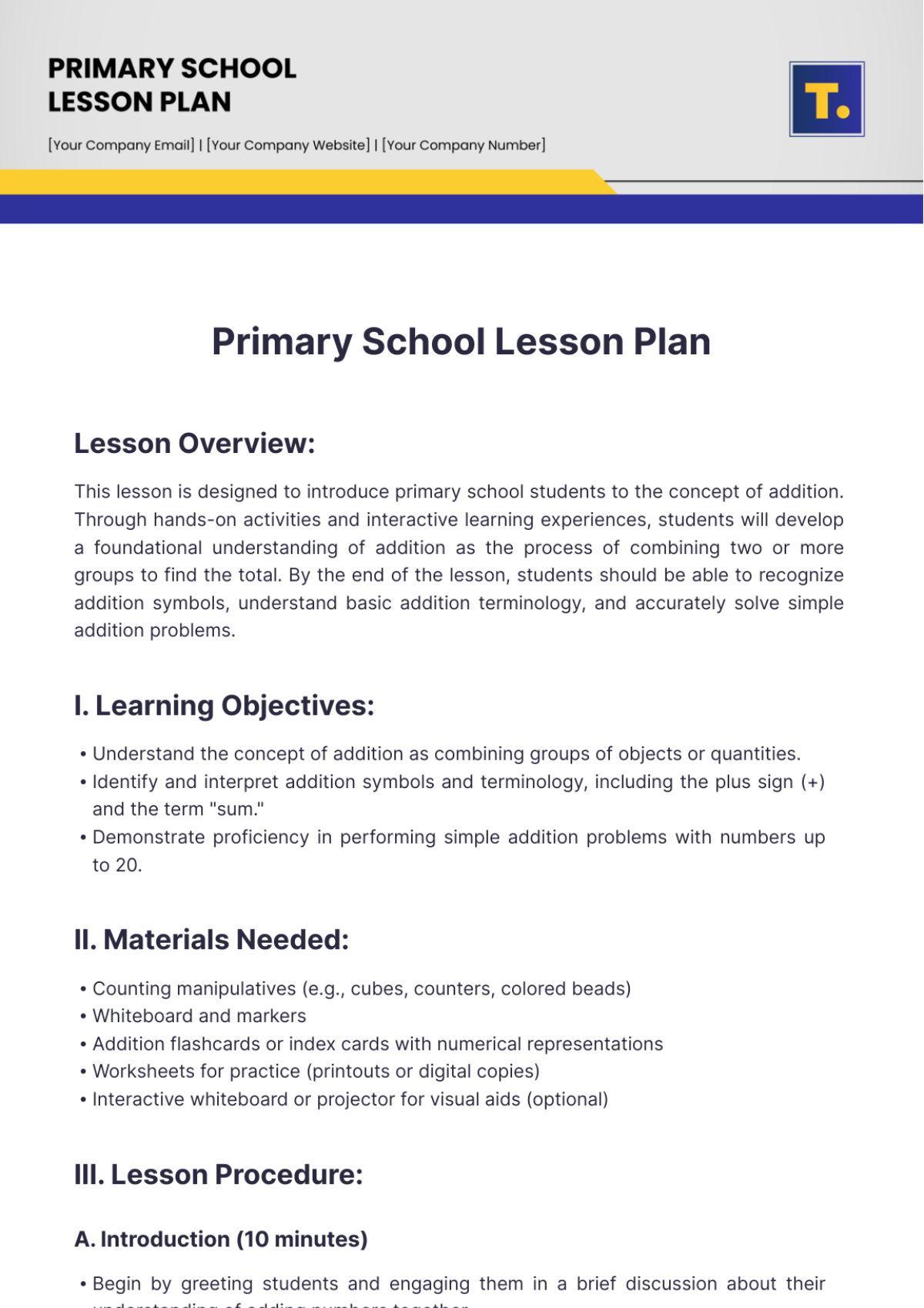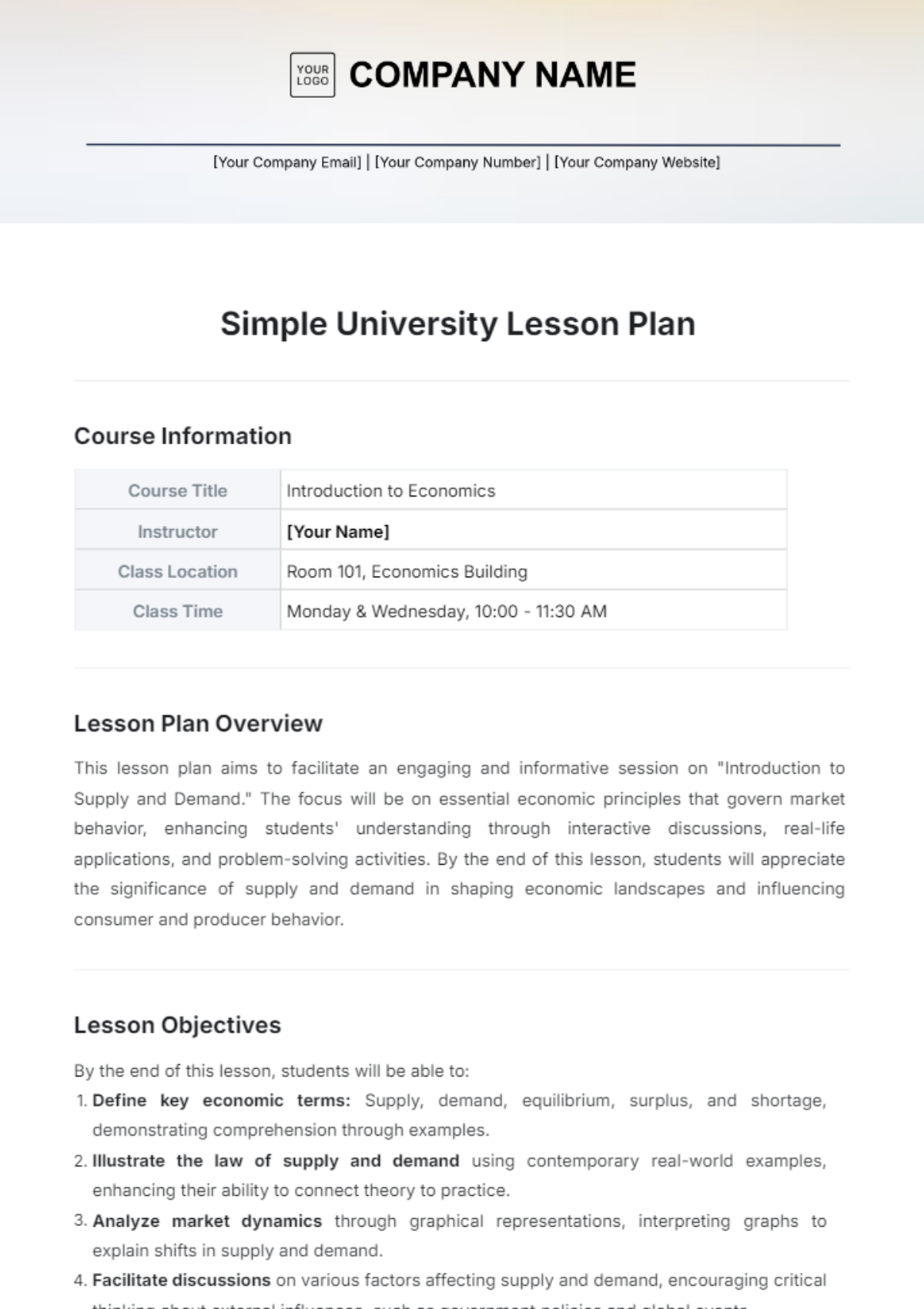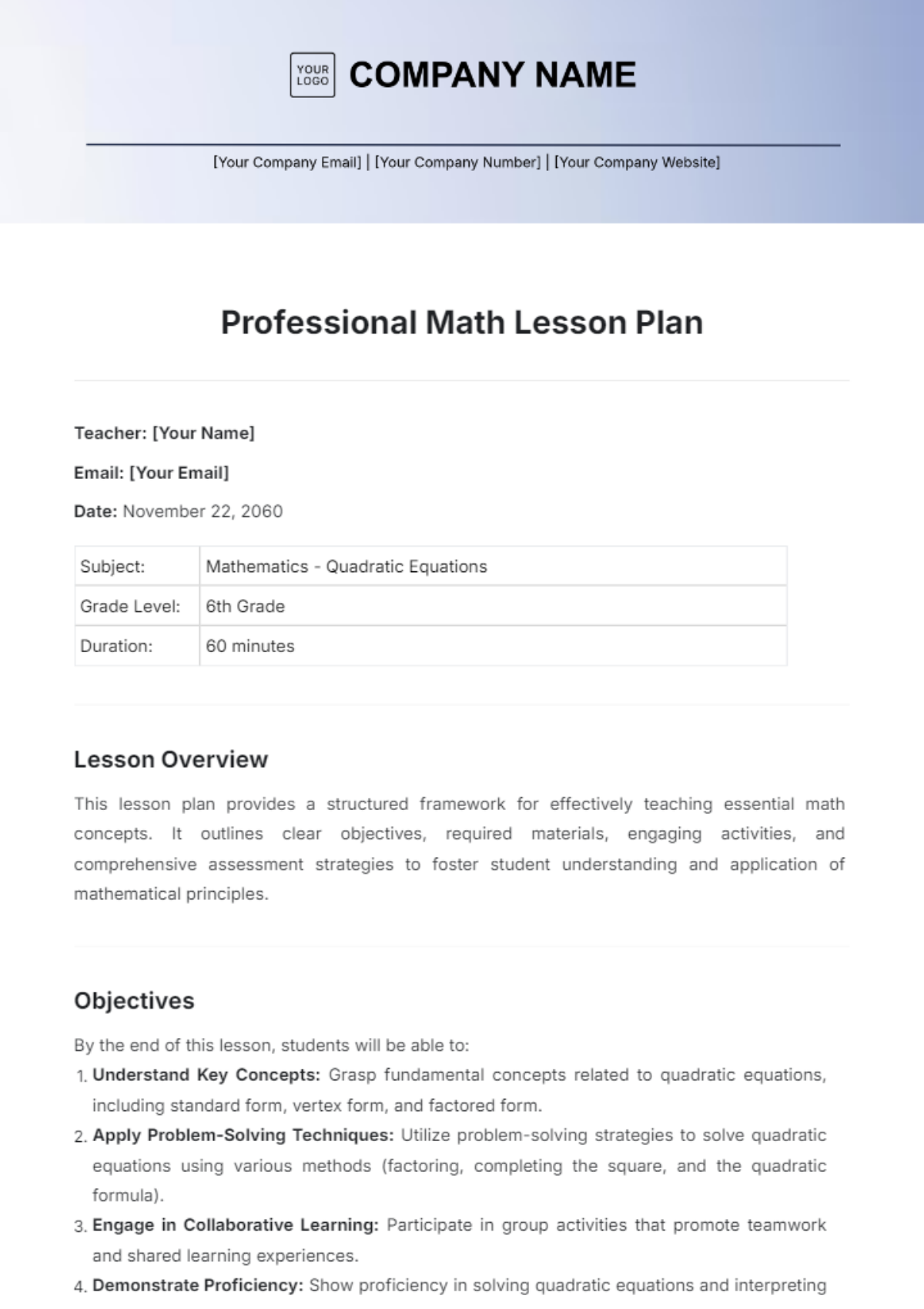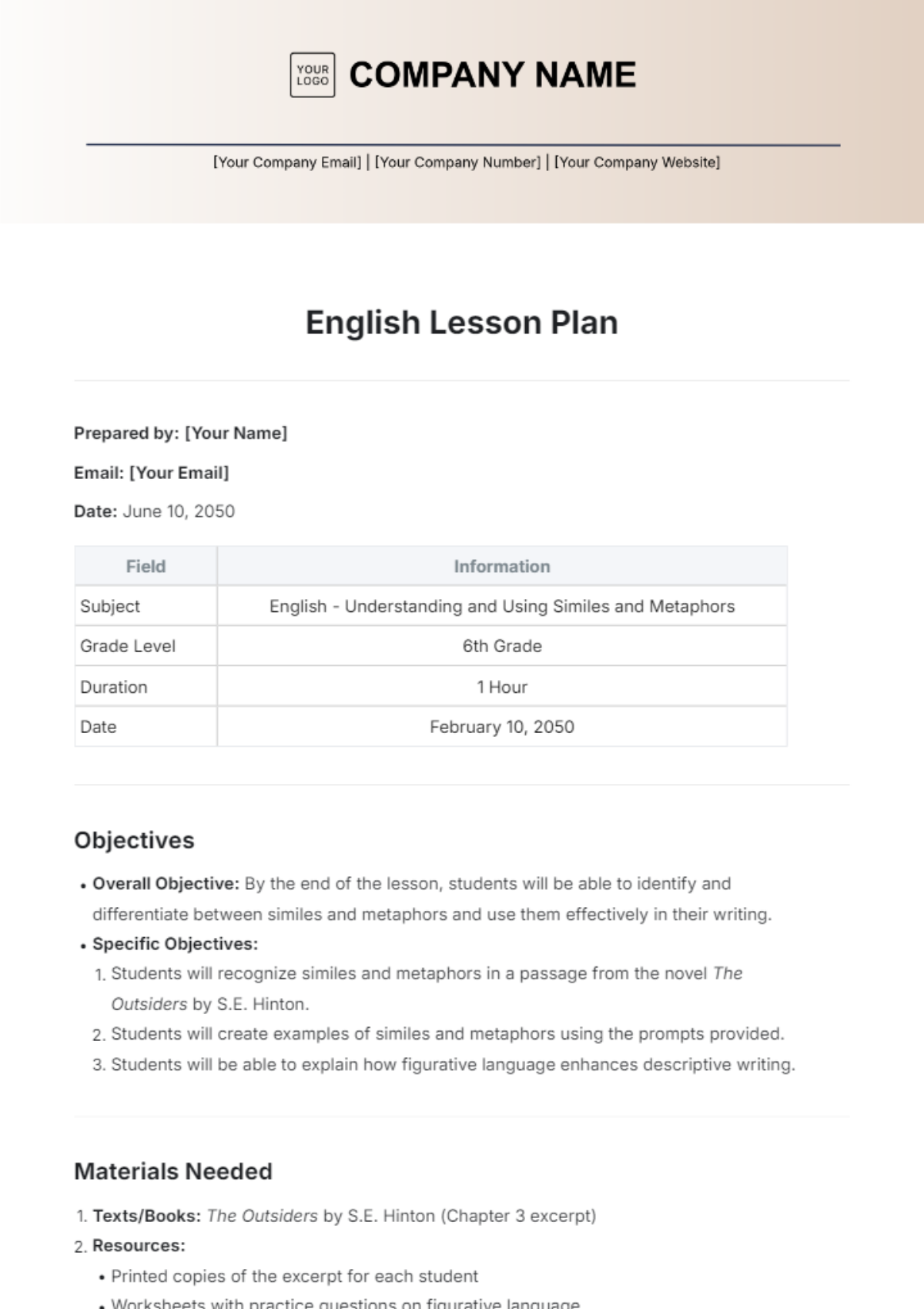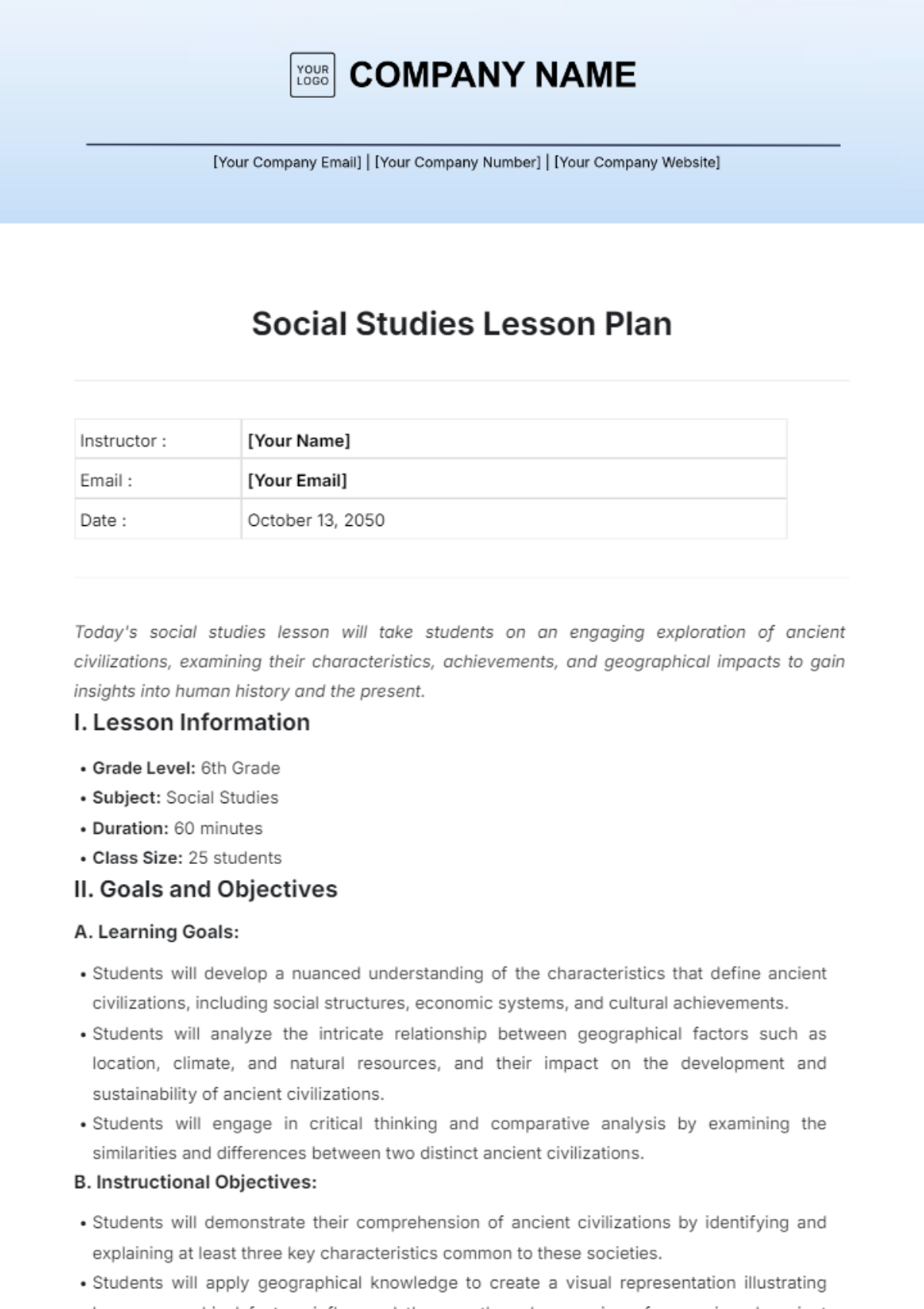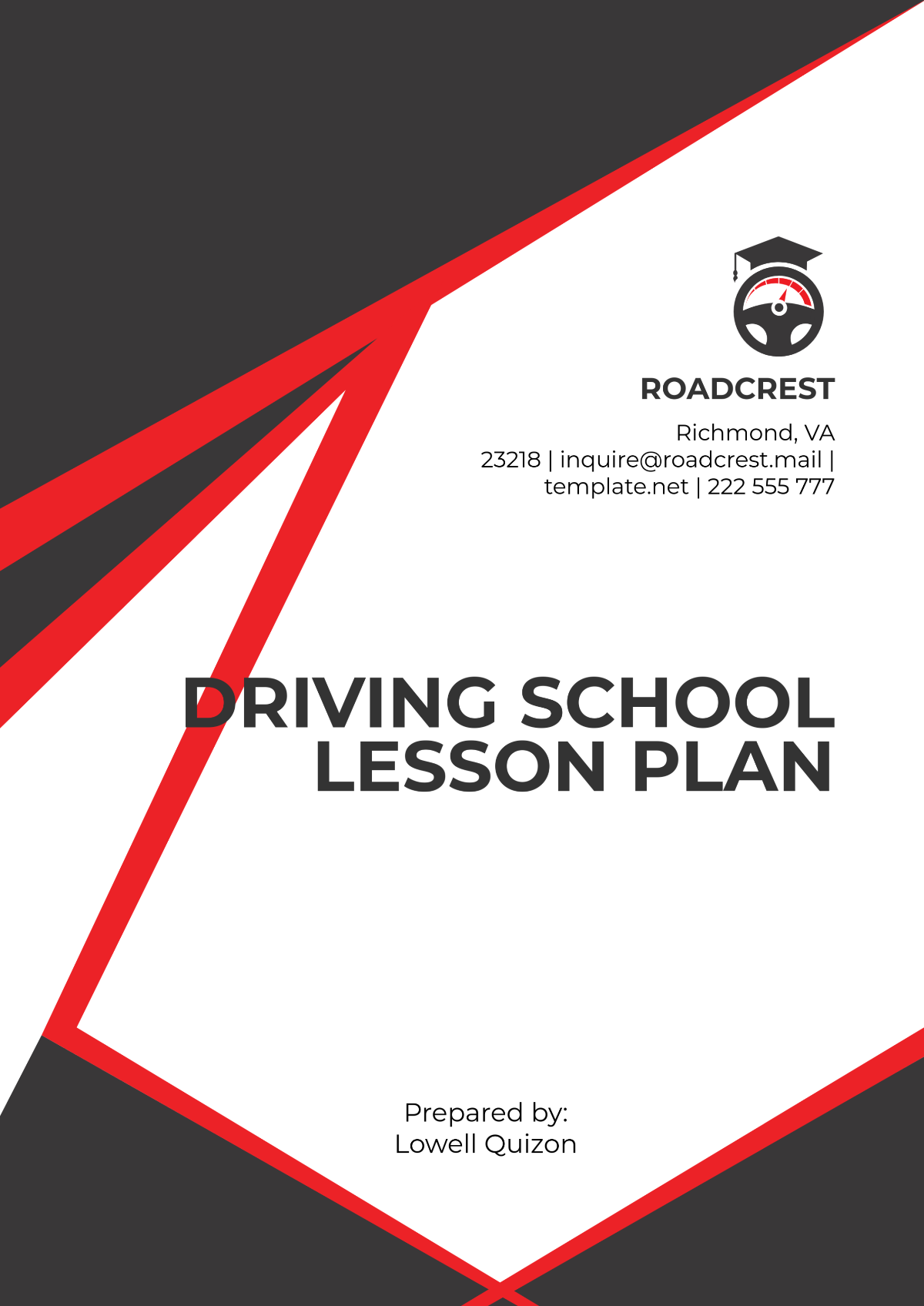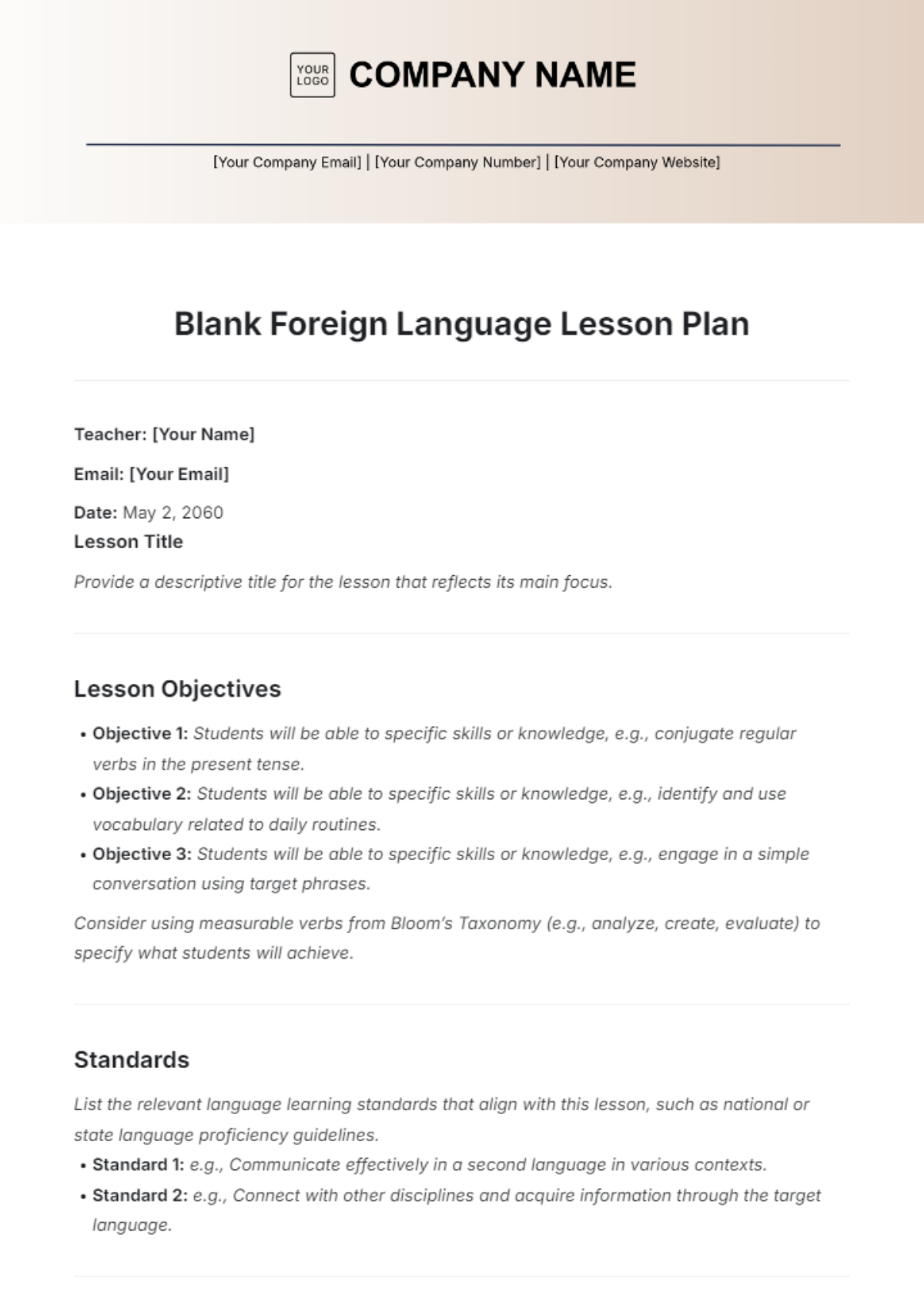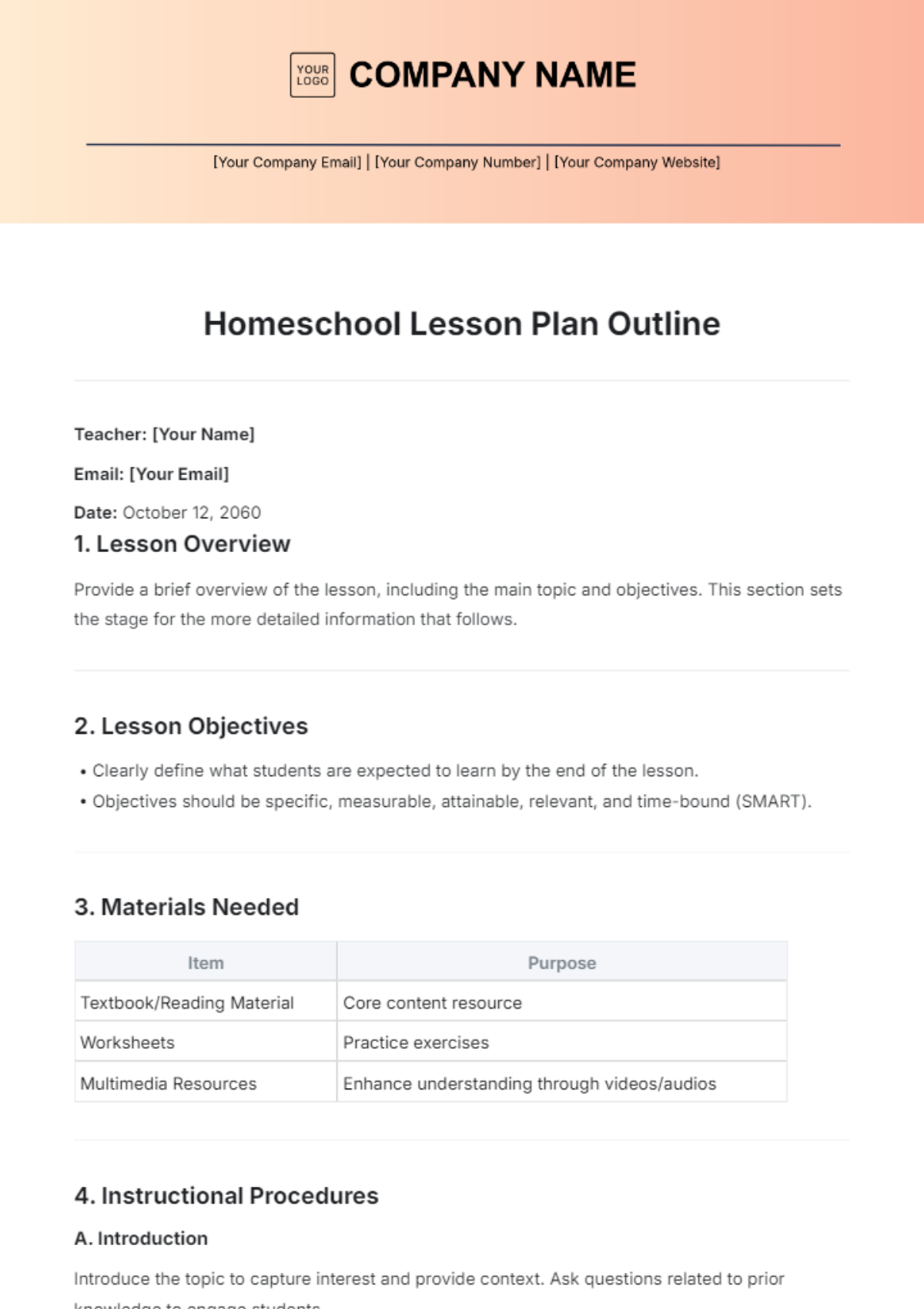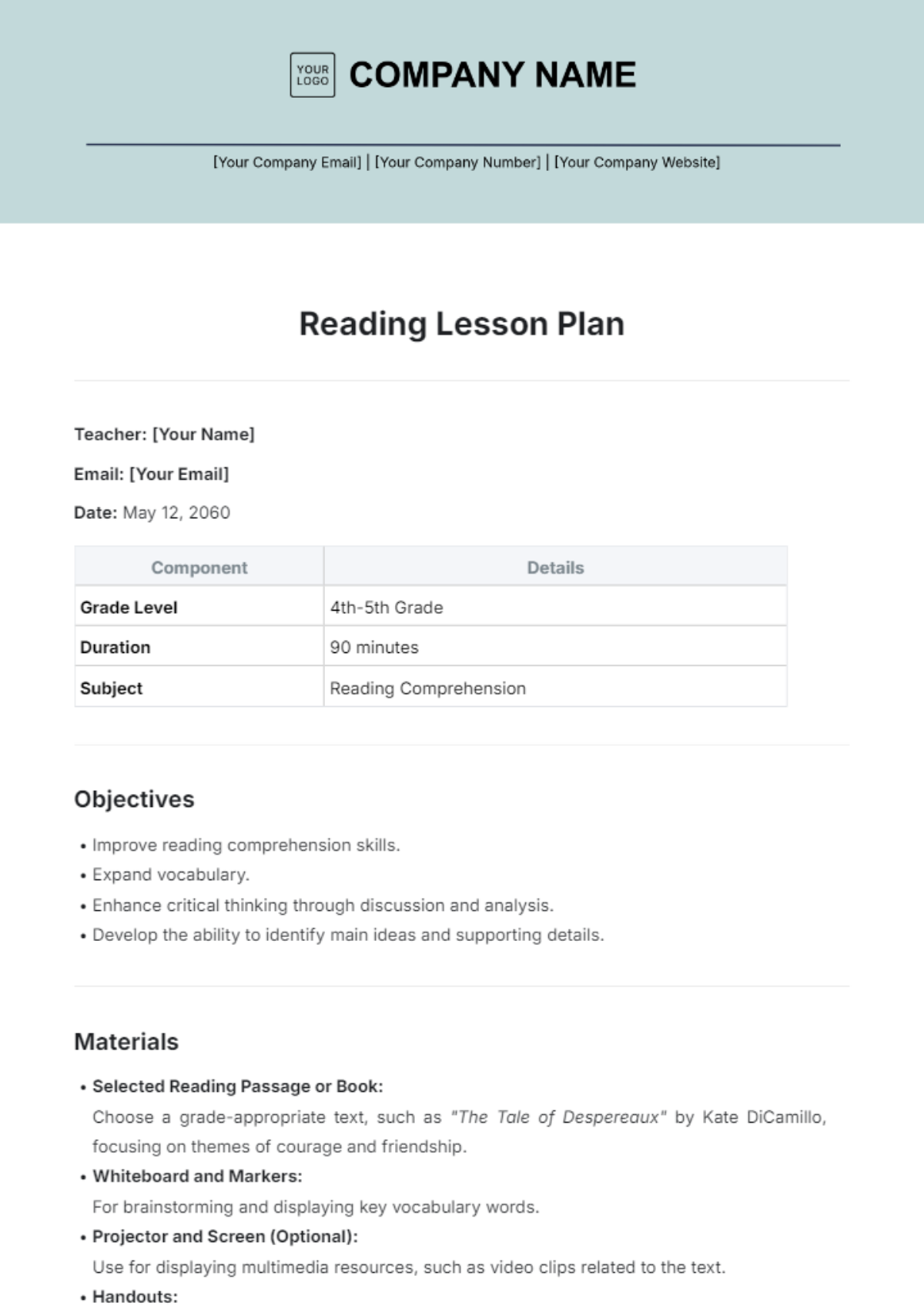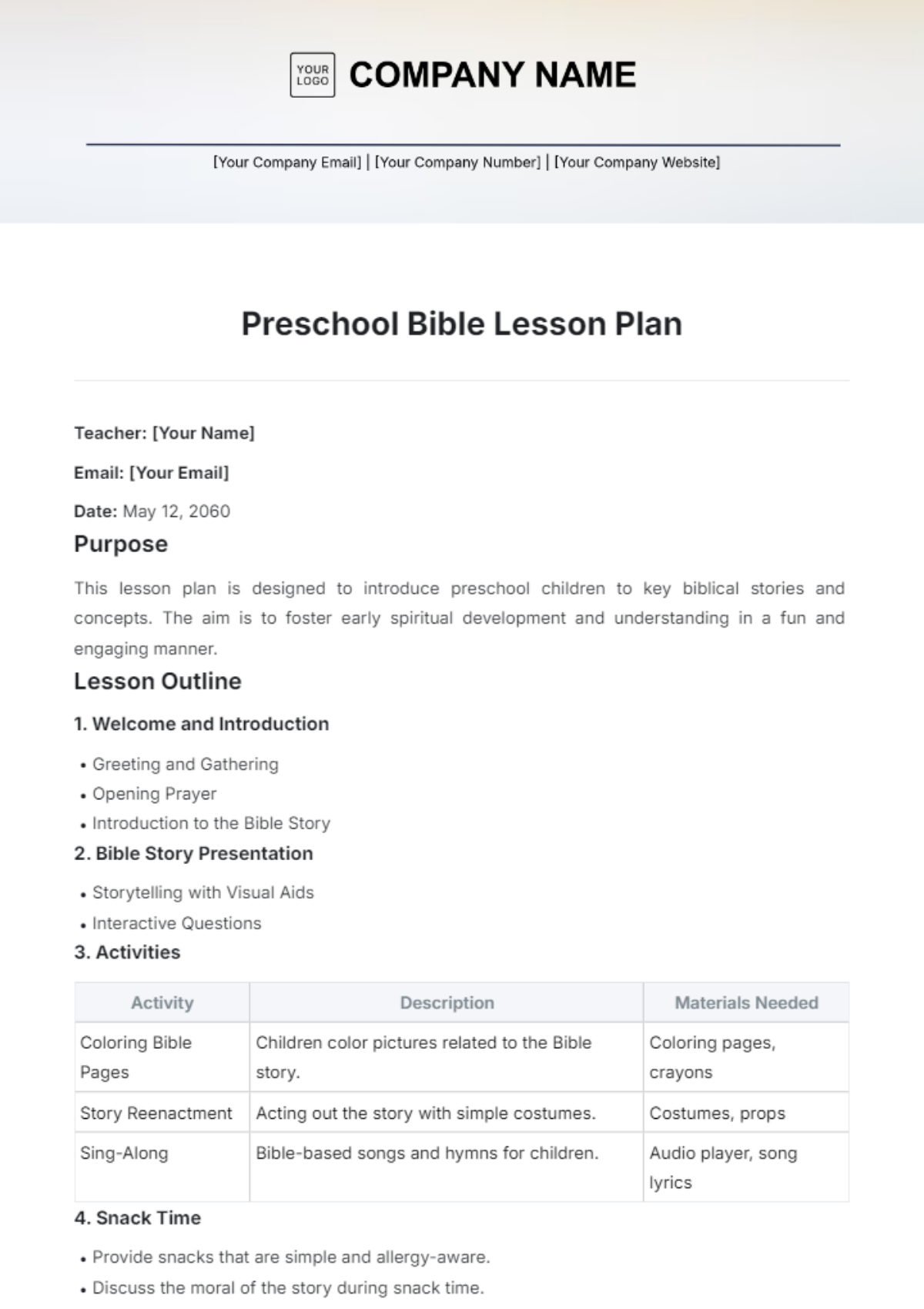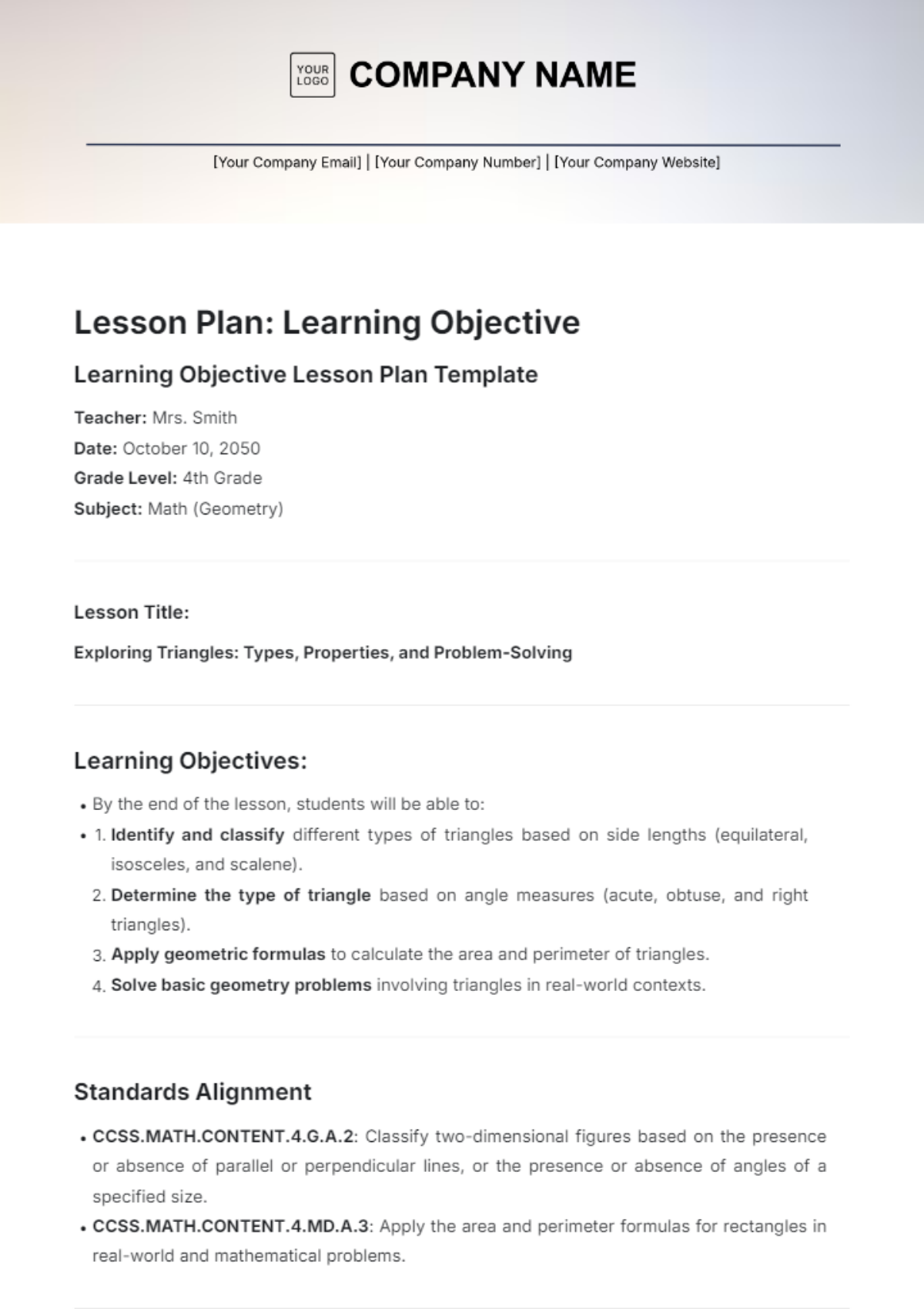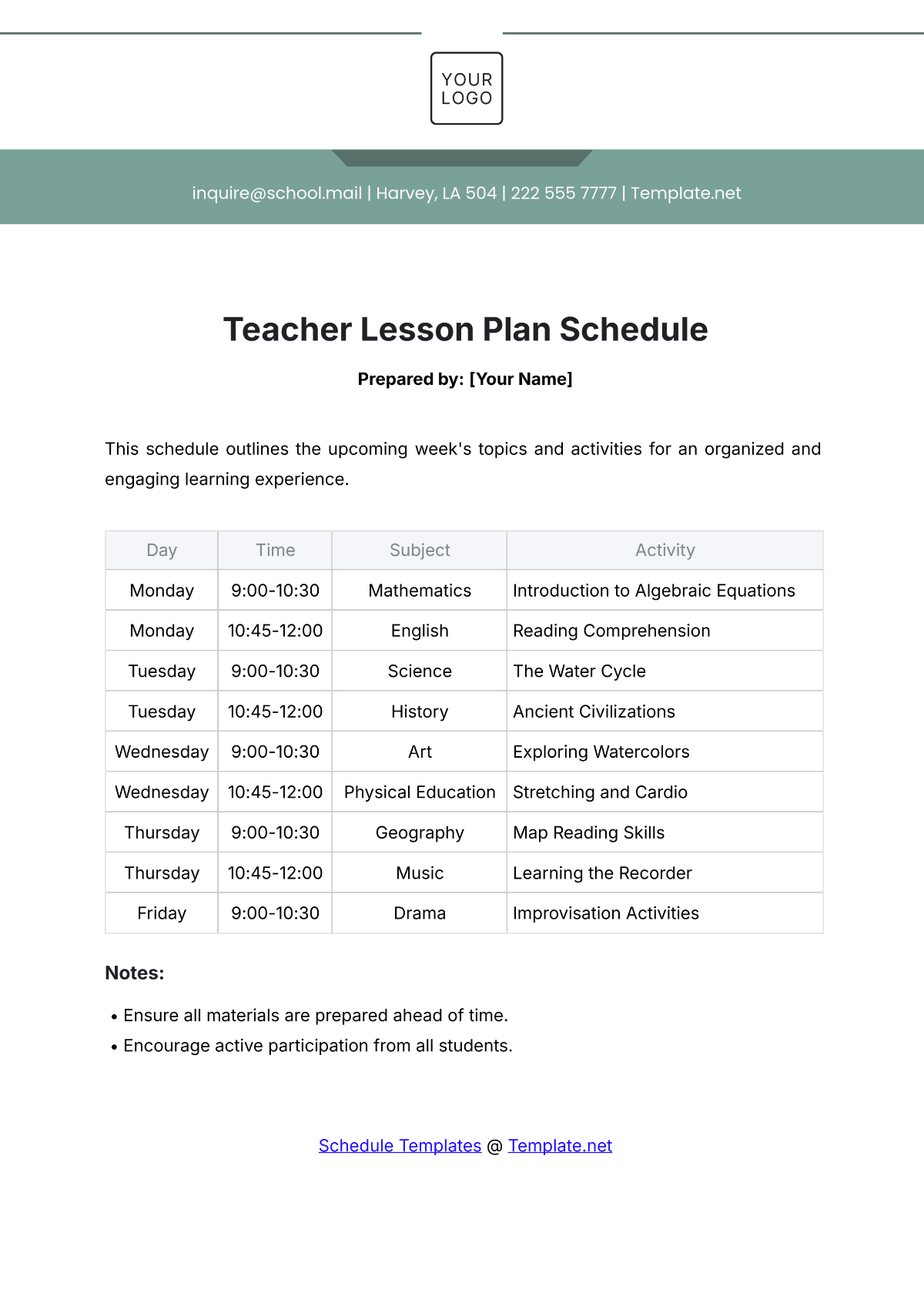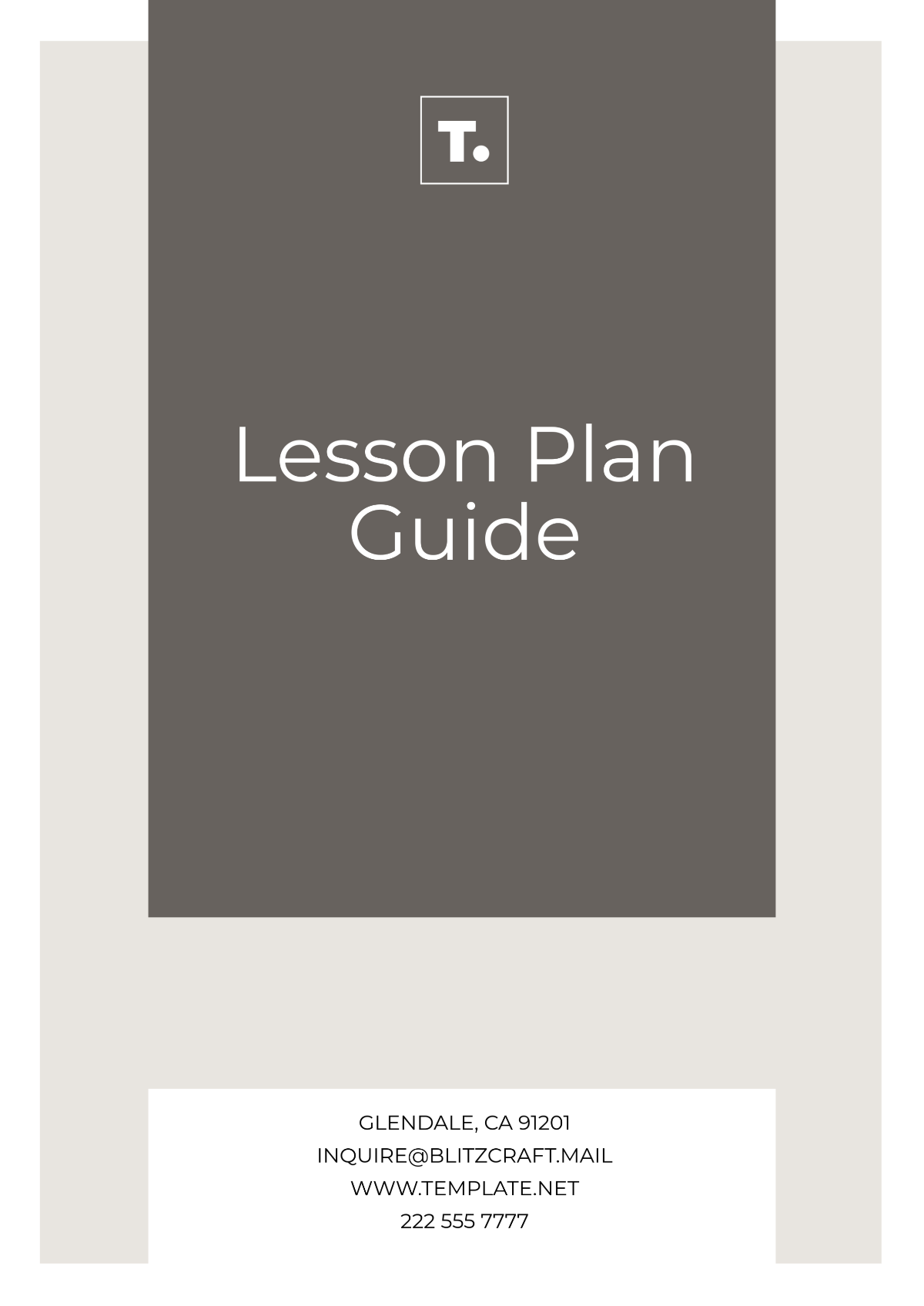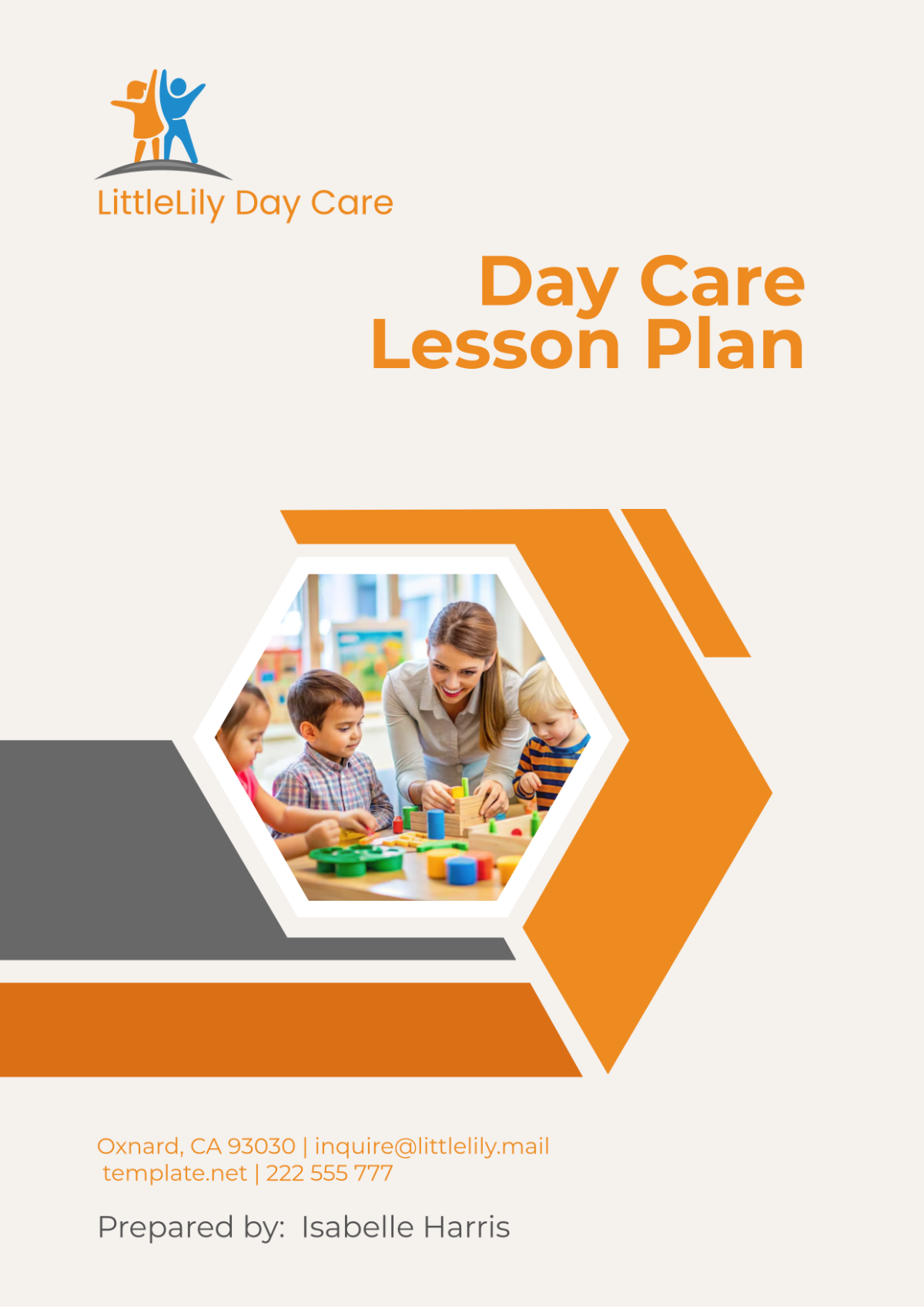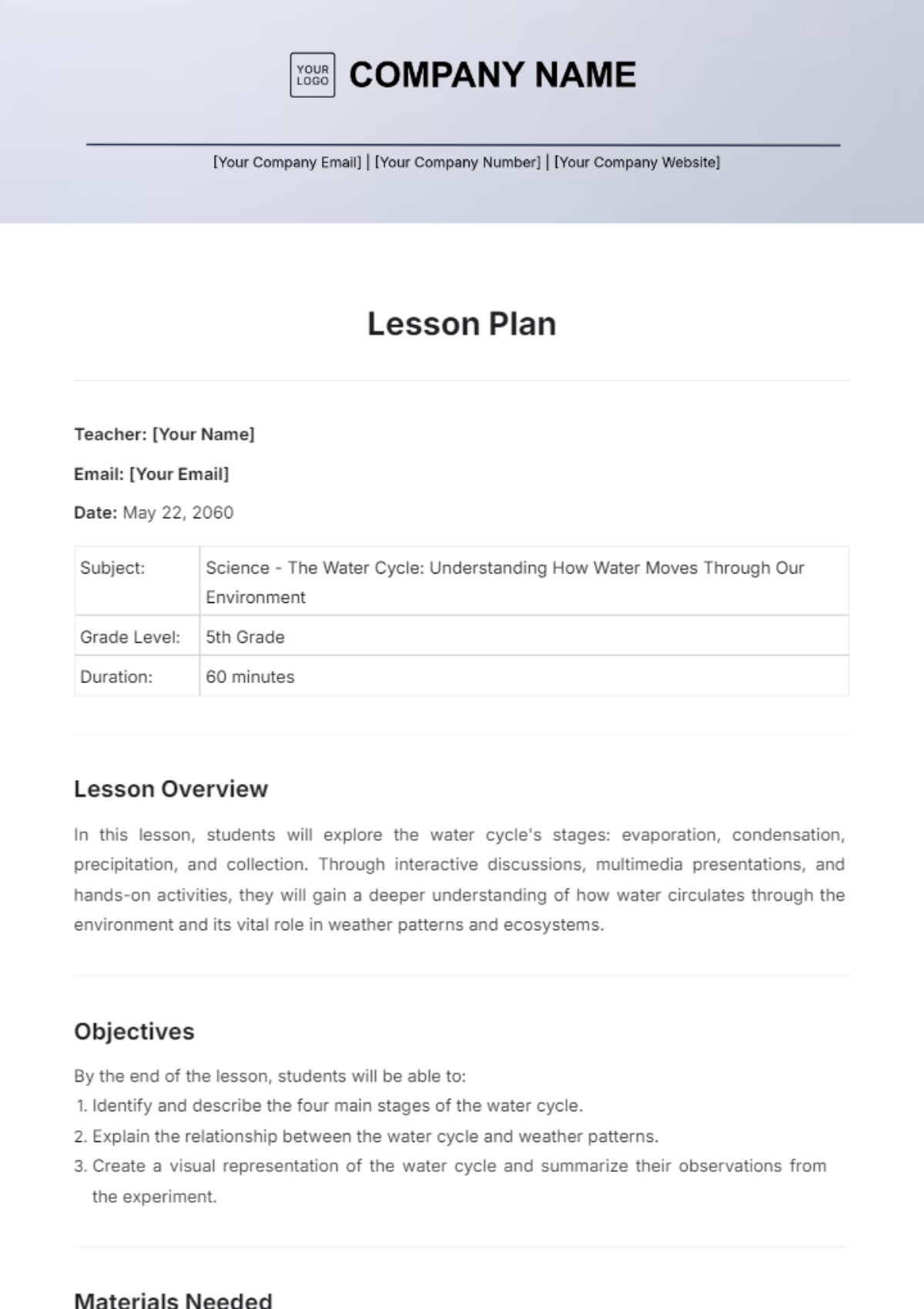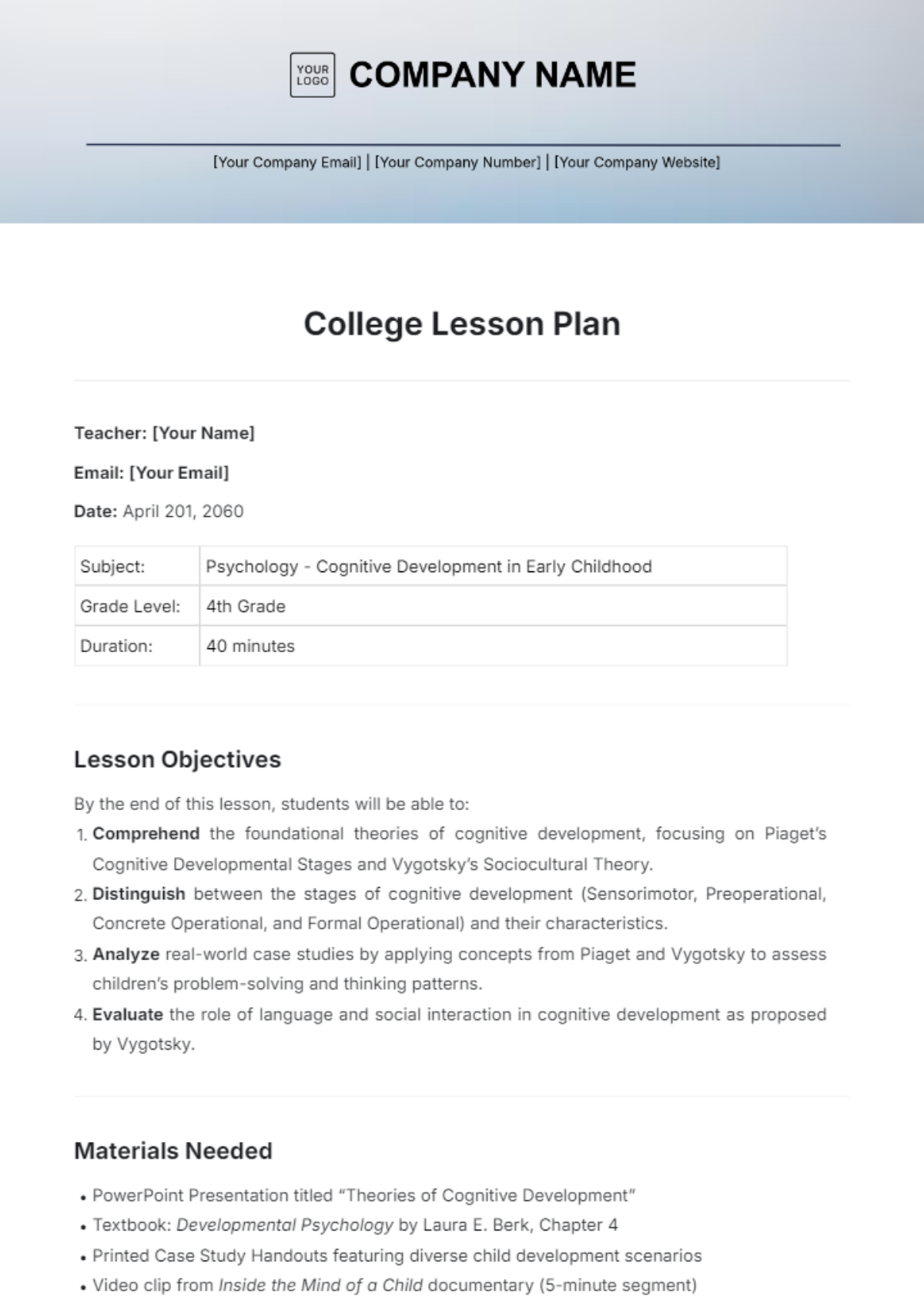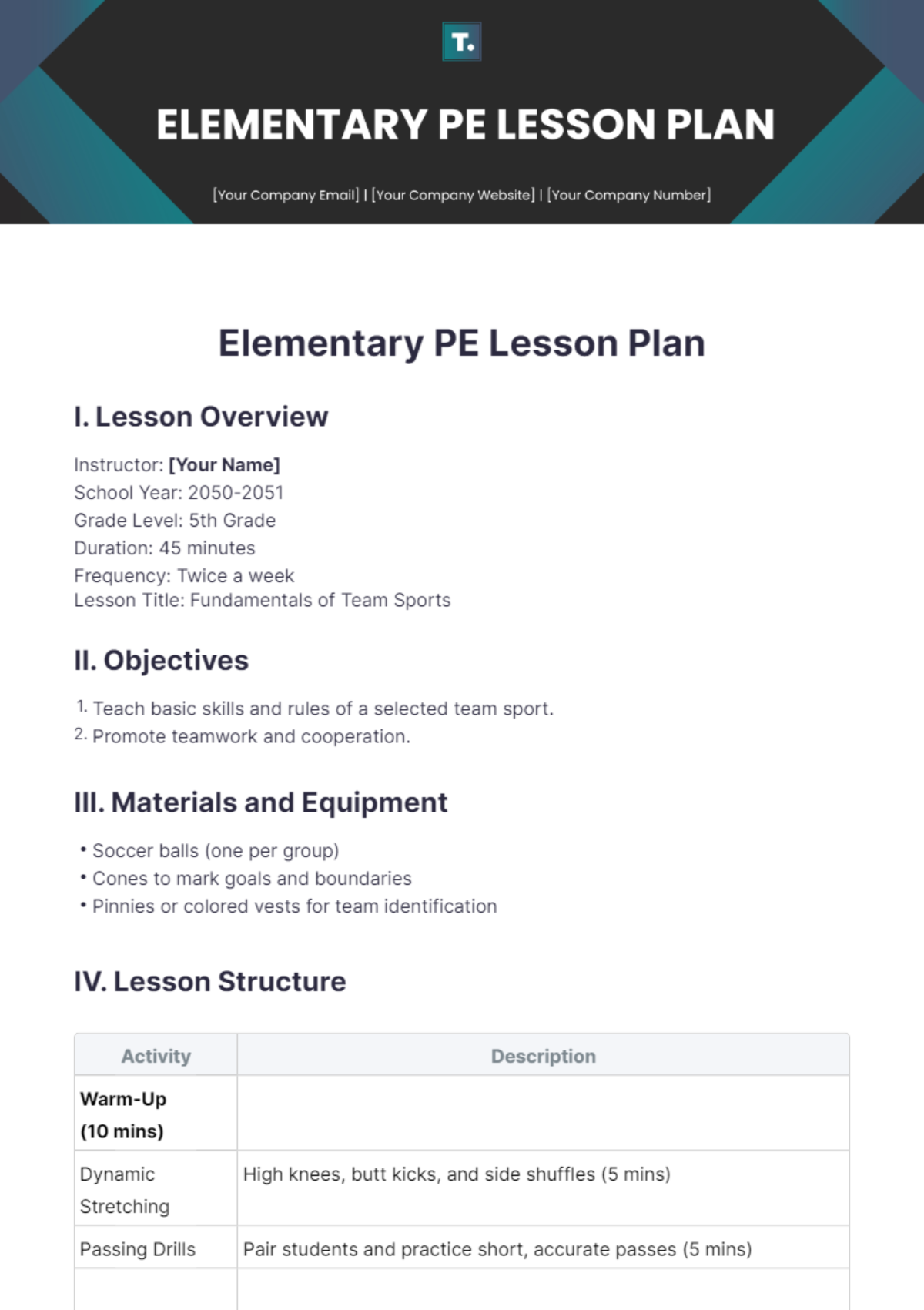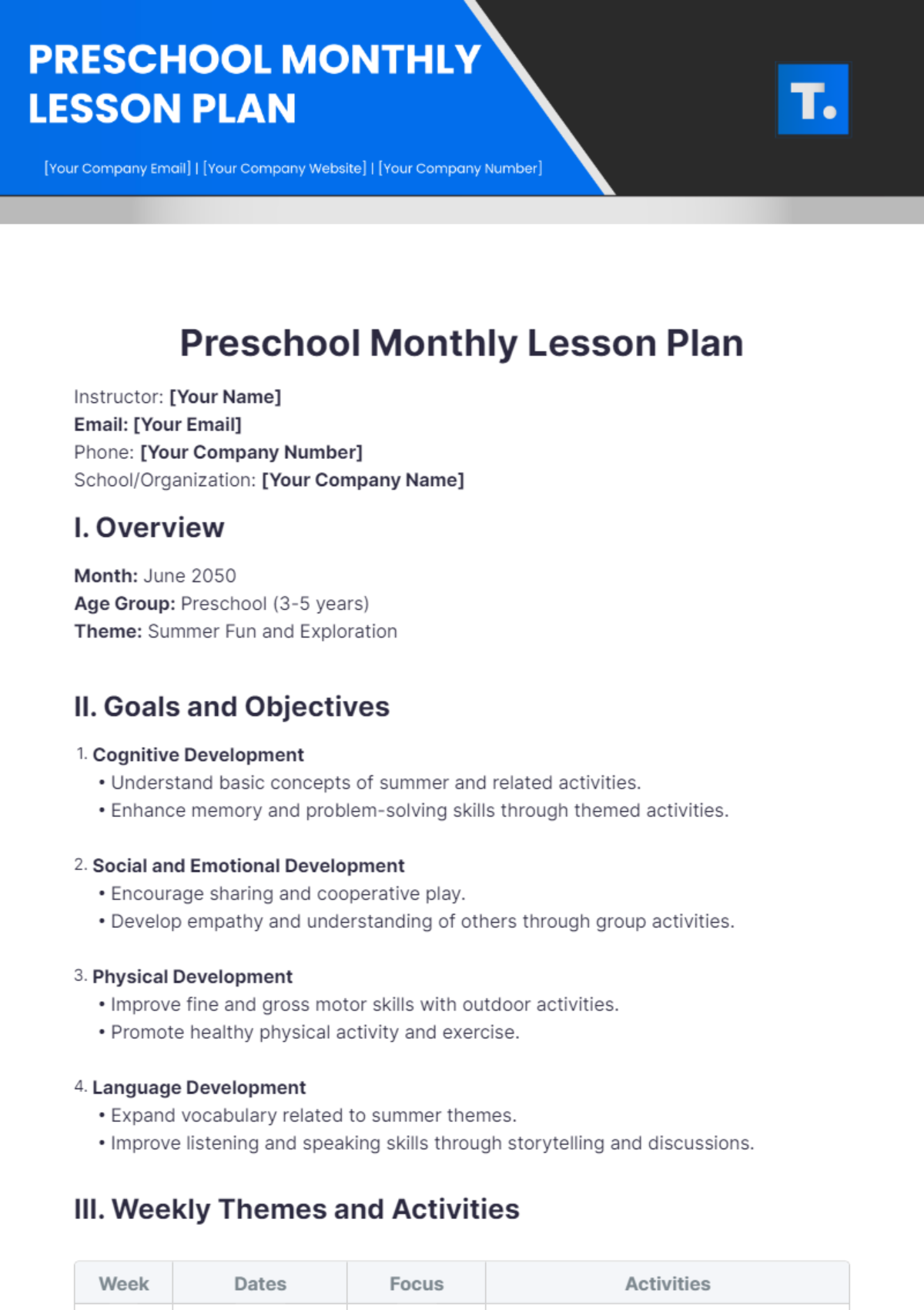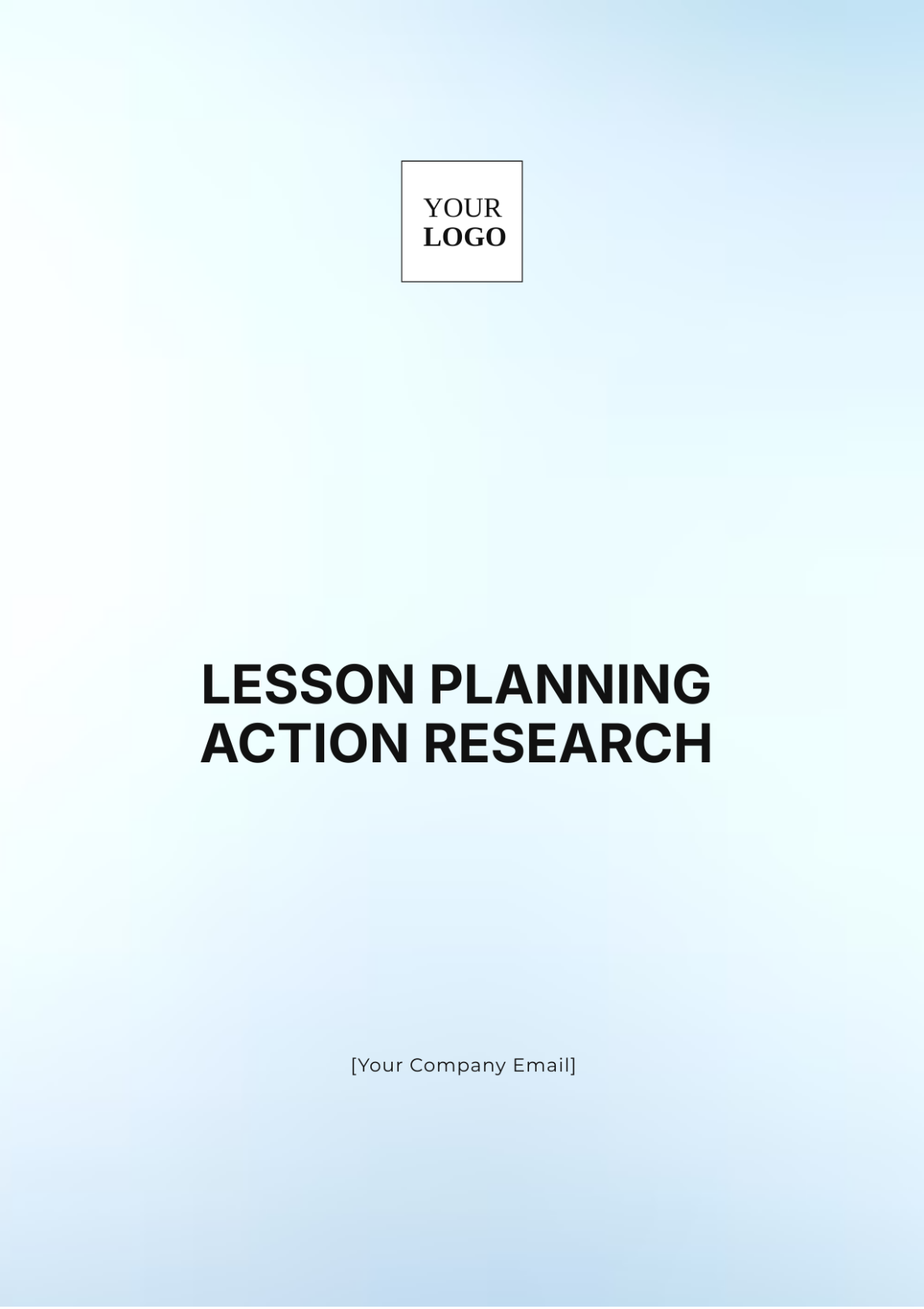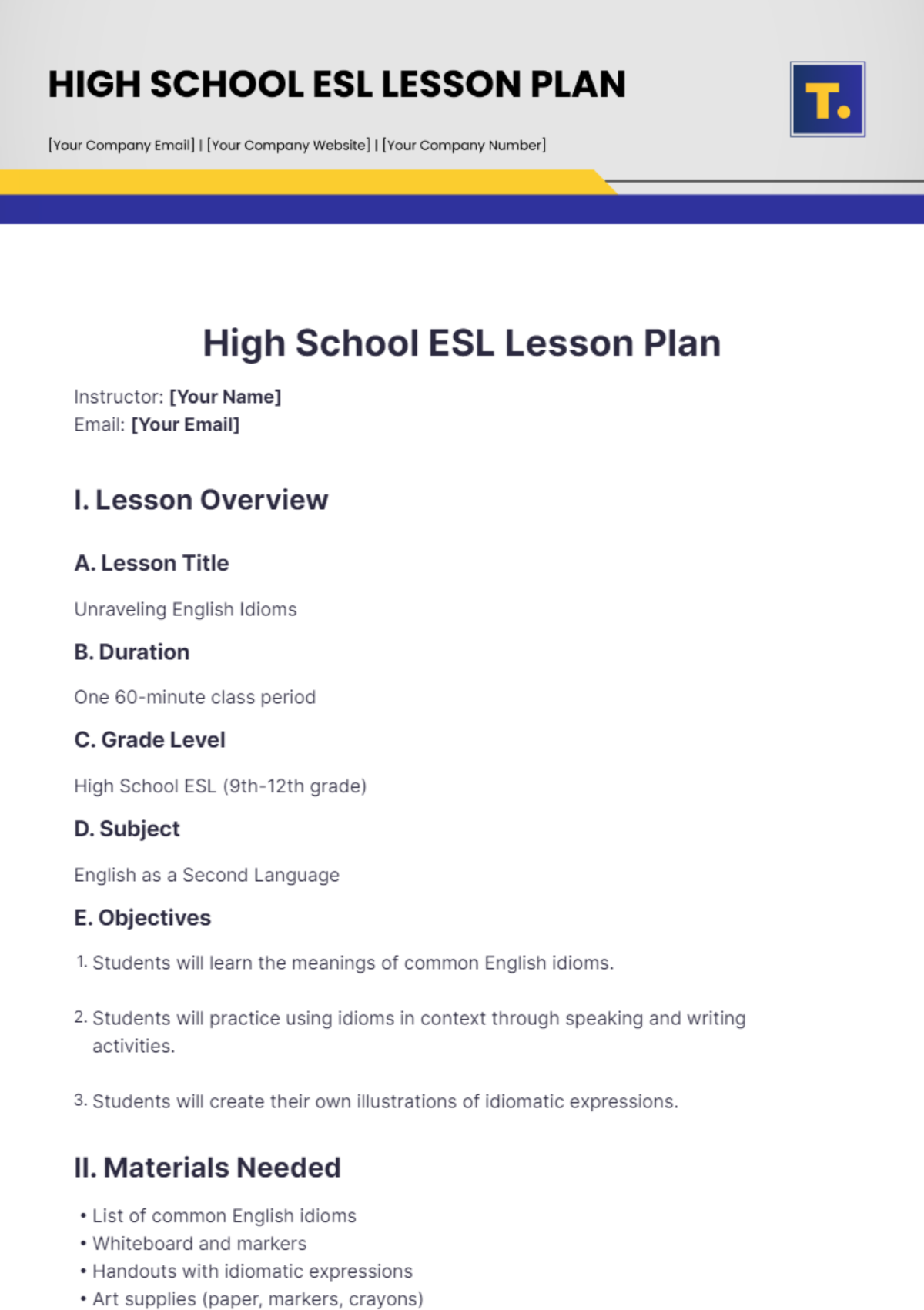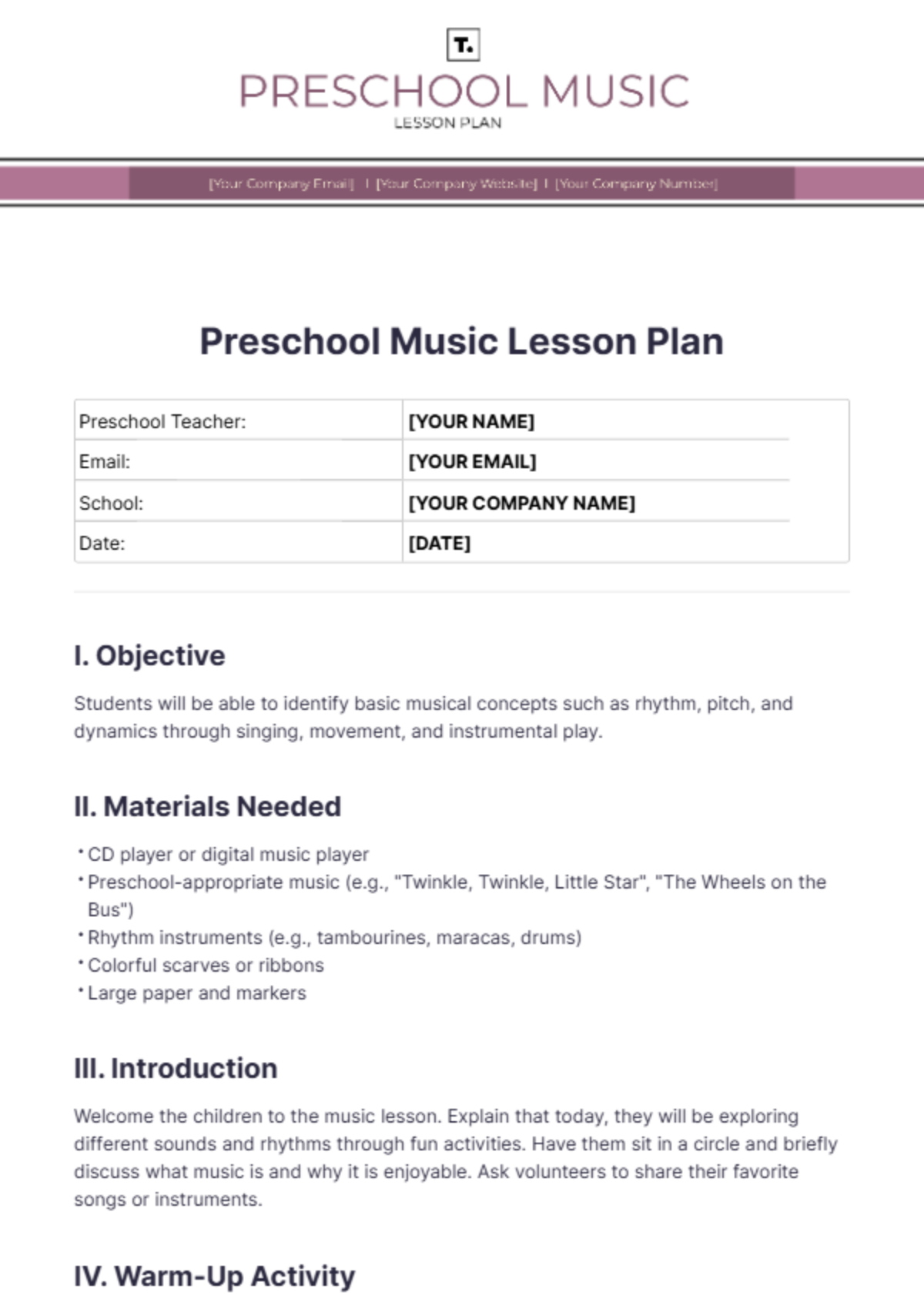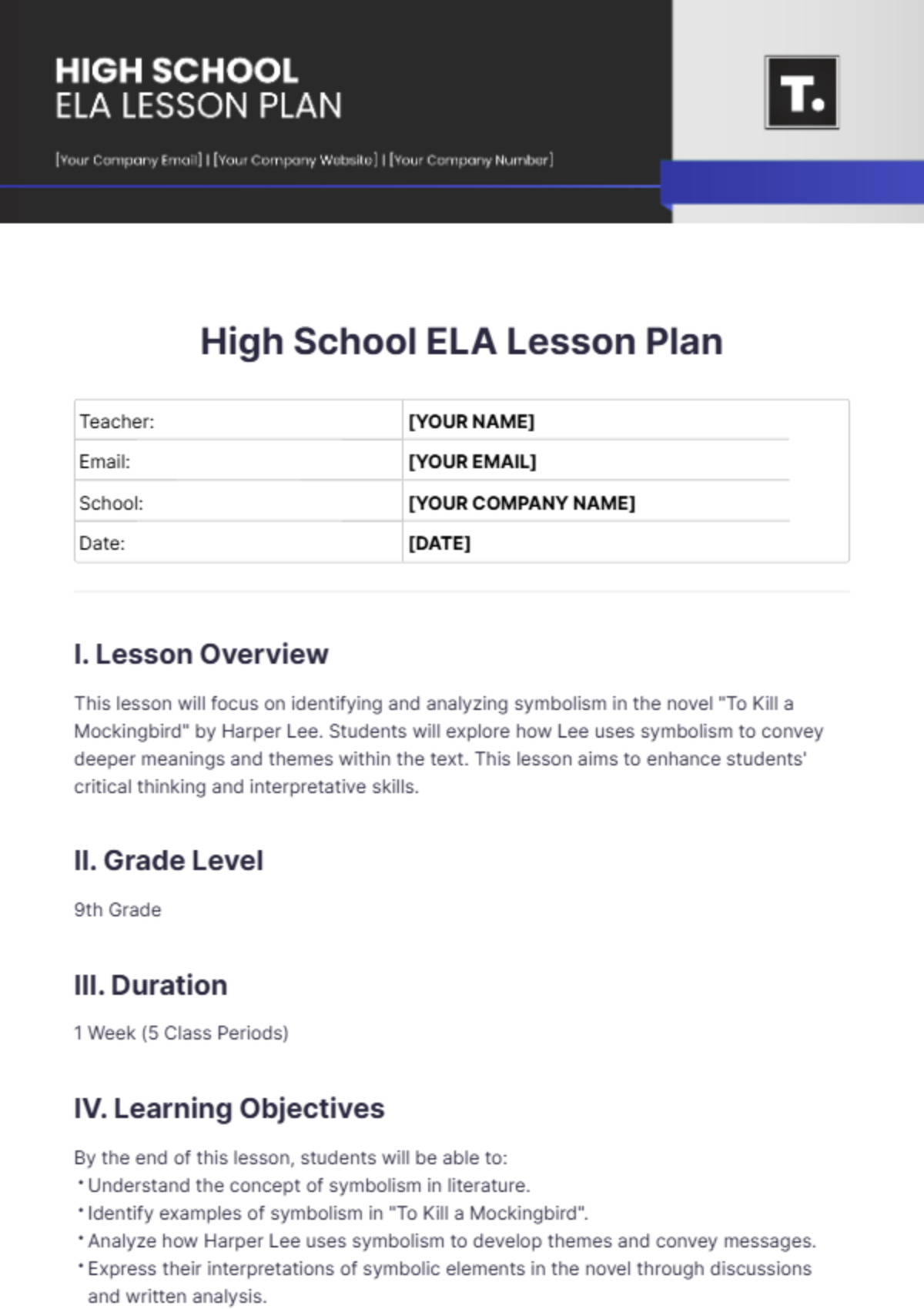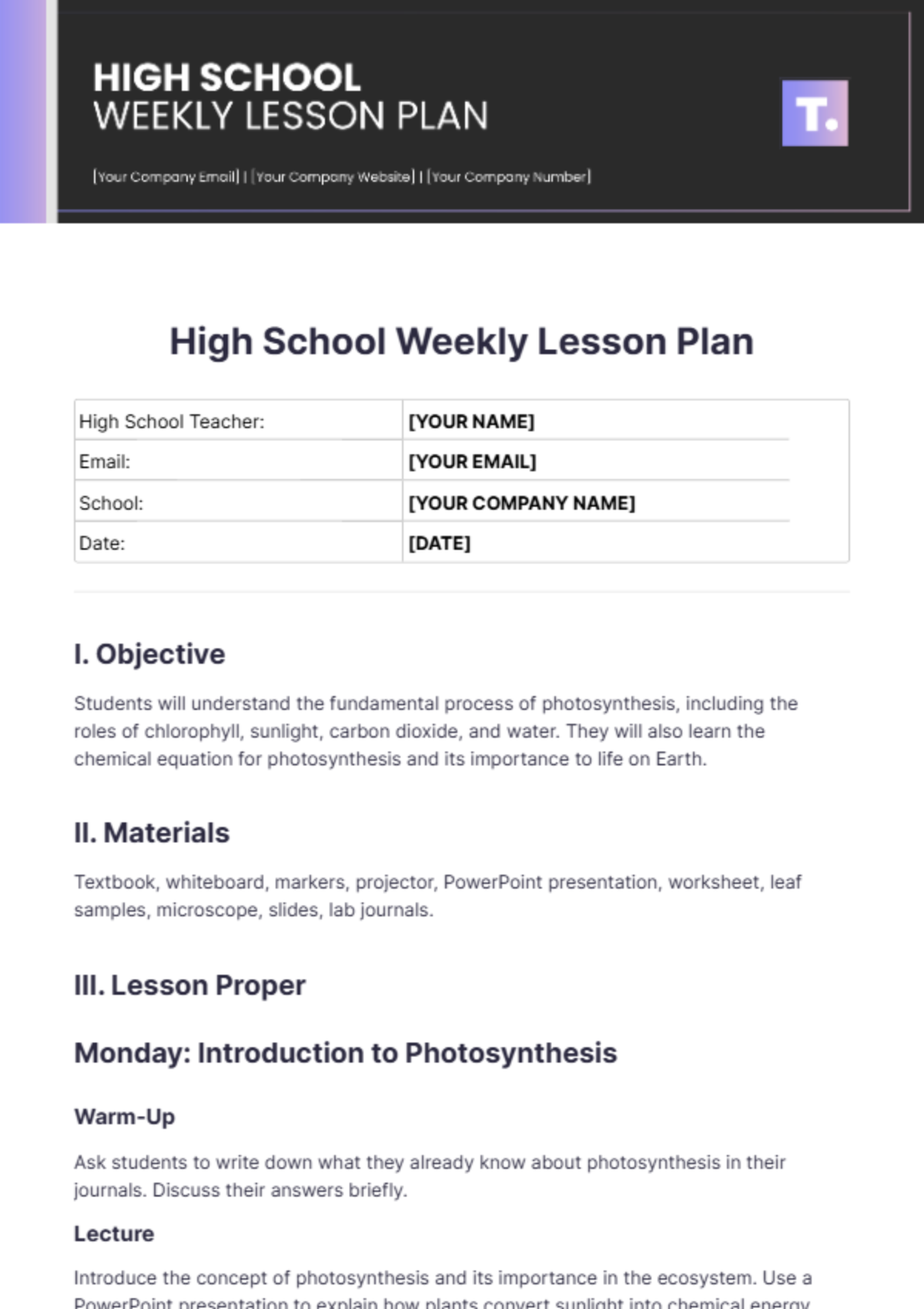SUMMER LESSON PLAN
Professor: | [Your Name] |
Email: | [Your Email] |
Date: | June 13, 2050 |
I. Introduction
Greetings, esteemed students, and welcome to the Summer Class Lesson Plan—a curated academic journey tailored to make the most of our summer session. As your professor, I'm thrilled to embark on this intellectual adventure with you, blending scholarly pursuits with the vibrant energy of the season.
II. Learning Objectives
A. Academic Goals:
Consolidate foundational knowledge from prerequisite courses, ensuring a strong academic foundation.
Introduce advanced concepts and theories pertinent to your field of study, fostering intellectual growth and curiosity.
Cultivate critical thinking and analytical skills through engaging discussions and thought-provoking assignments.
B. Social and Emotional Learning Objectives:
Cultivate a supportive and inclusive classroom environment where every voice is valued and respected.
Encourage collaborative learning experiences, promoting teamwork and mutual support among peers.
Foster self-awareness and emotional intelligence, empowering you to navigate academic challenges with confidence and resilience.
C. Summer Skills Development:
Explore interdisciplinary connections, demonstrating how diverse subjects intersect and enrich one another.
Nurture creativity and innovation through hands-on projects and creative problem-solving activities.
Enhance communication and presentation skills, equipping you with the tools to articulate complex ideas with clarity and precision.
III. Materials
A. Classroom Resources:
Essential textbooks, scholarly articles, and supplementary reading materials relevant to the course curriculum.
Lecture slides, visual aids, and instructional handouts to facilitate comprehension and engagement.
Access to online learning platforms and academic databases for independent research and study.
B. Technological Tools:
Cutting-edge software applications and digital resources are tailored to enhance learning outcomes and facilitate collaboration.
Interactive multimedia presentations and virtual simulations to augment traditional teaching methods and ignite curiosity.
Communication platforms for seamless interaction and exchange of ideas, fostering a dynamic and enriching learning environment.
C. Outdoor Learning Equipment:
Field notebooks, magnifying glasses, and scientific instruments for conducting fieldwork and environmental research.
Maps, compasses, and GPS devices for navigation and geospatial analysis during outdoor expeditions.
Safety gear and emergency supplies to ensure student welfare and preparedness during outdoor excursions.
IV. Instructional Activities
Time | Activity |
|---|---|
9:00-10:30 | Field Trip: Exploring Biodiversity in Local Ecosystems |
10:30-12:00 | Interactive Lecture: Unraveling Complex Theories |
12:00-1:00 | Lunch Break |
1:00-2:30 | Seminar: Critical Analysis of Seminal Research Papers |
2:30-4:00 | Group Project: Designing Solutions for Real-World Challenges |
4:00-5:00 | Office Hours and Individual Consultations |
V. Assessment/Evaluation
Assessment Method | Description |
|---|---|
Quizzes | Periodic assessments to gauge comprehension of key course concepts. |
Research Projects | Evaluation of in-depth research projects demonstrating analytical rigor and scholarly insight. |
Class Participation | Assessment of active engagement in class discussions and collaborative activities, reflecting depth of understanding and critical thinking skills. |
VI. Conclusion
As we embark on this academic odyssey together, I am filled with anticipation for the insights we will uncover, the discoveries we will make, and the intellectual growth we will experience. Let us embrace the summer session with enthusiasm and dedication, knowing that the knowledge and skills we acquire will shape our scholarly pursuits and personal development. Here's to a summer of exploration, enlightenment, and endless possibilities.
